Yalda Afsah: Every word was once an animal24.6.–4.9.2022
Exhibition
The human relationship with animals, and the agency surrounding that interaction is critical to the work of the German-Iranian artist Yalda Afsah. Together with Kunstverein München, HALLE FÜR KUNST Steiemark presents her first institutional solo exhibition, focusing on questions of power, care, and control in relation to domestication. Using three examples — bullfighting, horse dressage, and pigeon breeding — she examines the blurred boundaries between affection and identification with animals on the one hand, as well as submission and human domination on the other.
Every word was once an animal is initiated by Kunstverein München where the exhibition was on view from January 15 to April 3, 2022, and realized in cooperation with the HALLE FÜR KUNST Steiermark.
Views
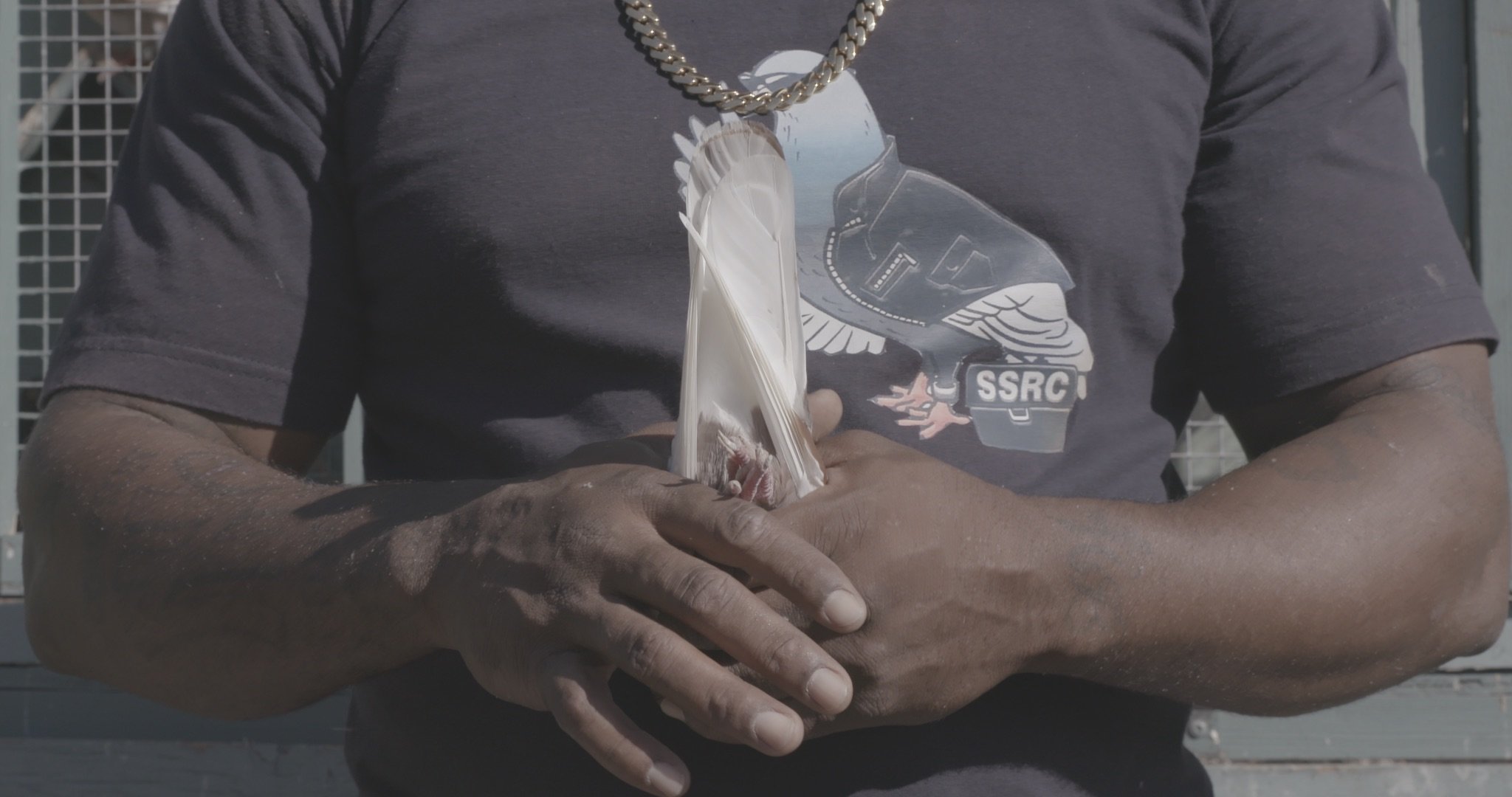
Yalda Afsah, Secret Society Roller Club, 2022
Film still
Courtesy the artist
Photo: kunst-dokumentation.com
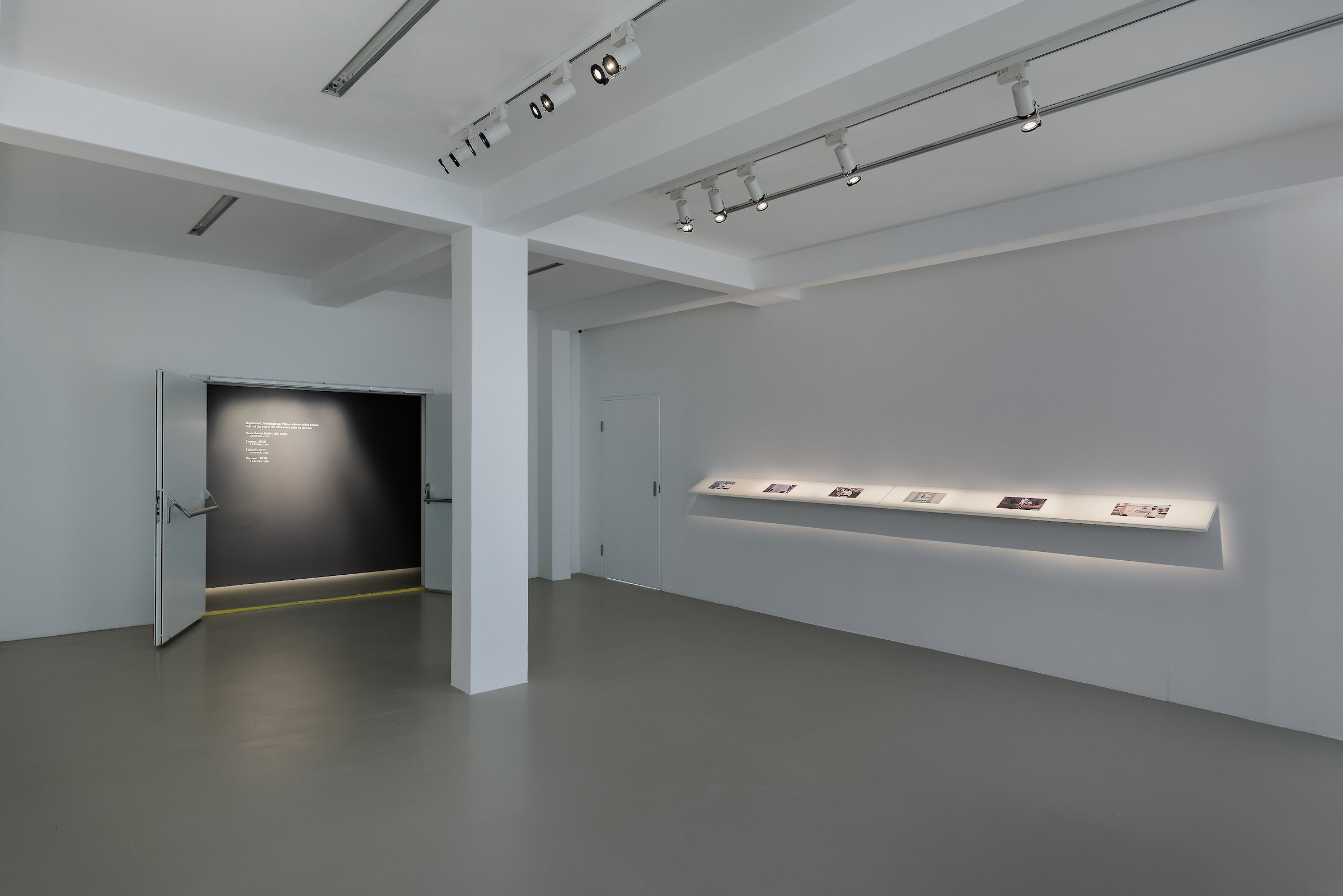
Research material and video stills for _Secret Society Roller Club (2022)
Installation view
Courtesy the artist
Photo: kunst-dokumentation.com
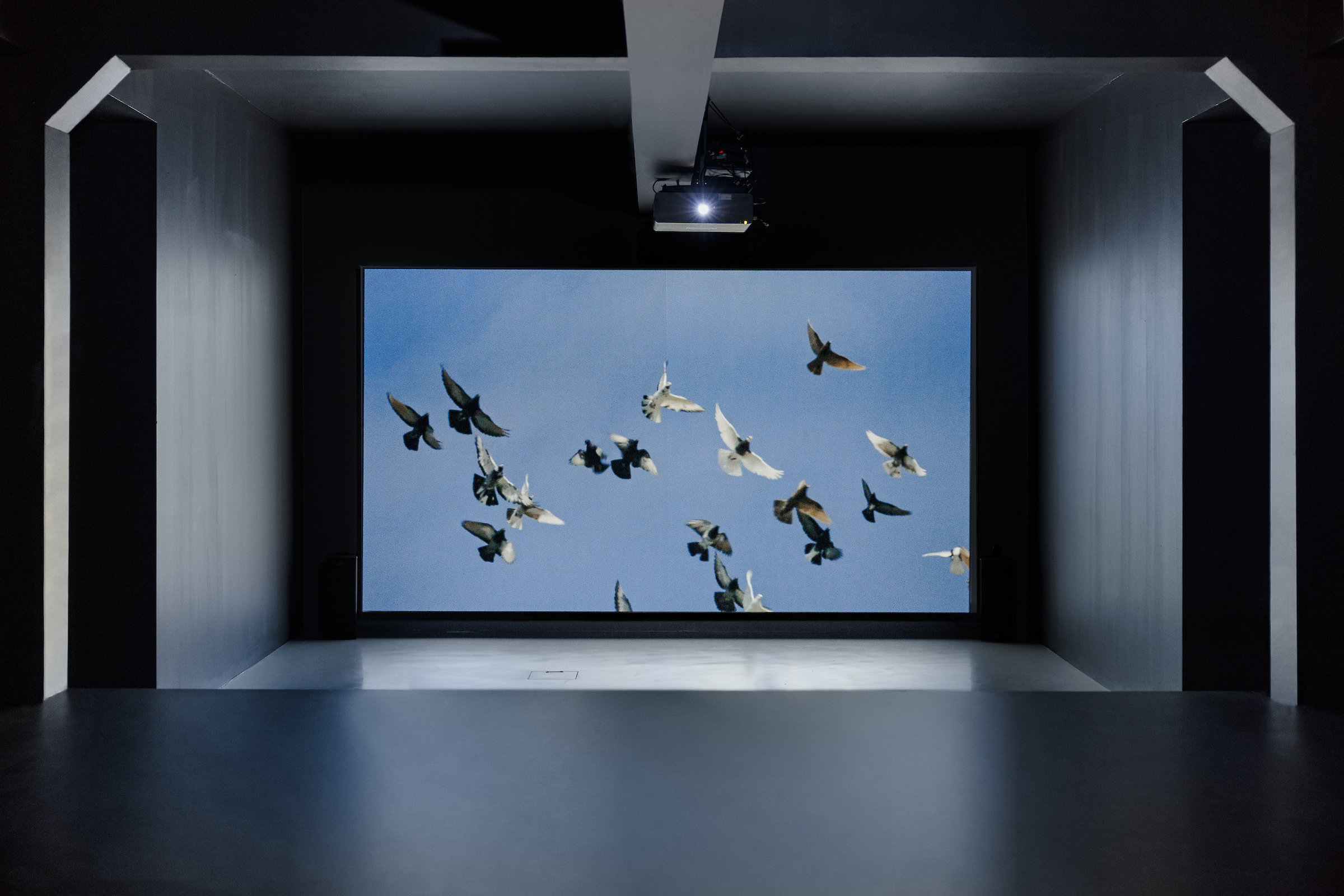
Yalda Afsah, Secret Society Roller Club, 2022
HD film, color, sound
20:08 min.
Courtesy the artist
Photo: kunst-dokumentation.com
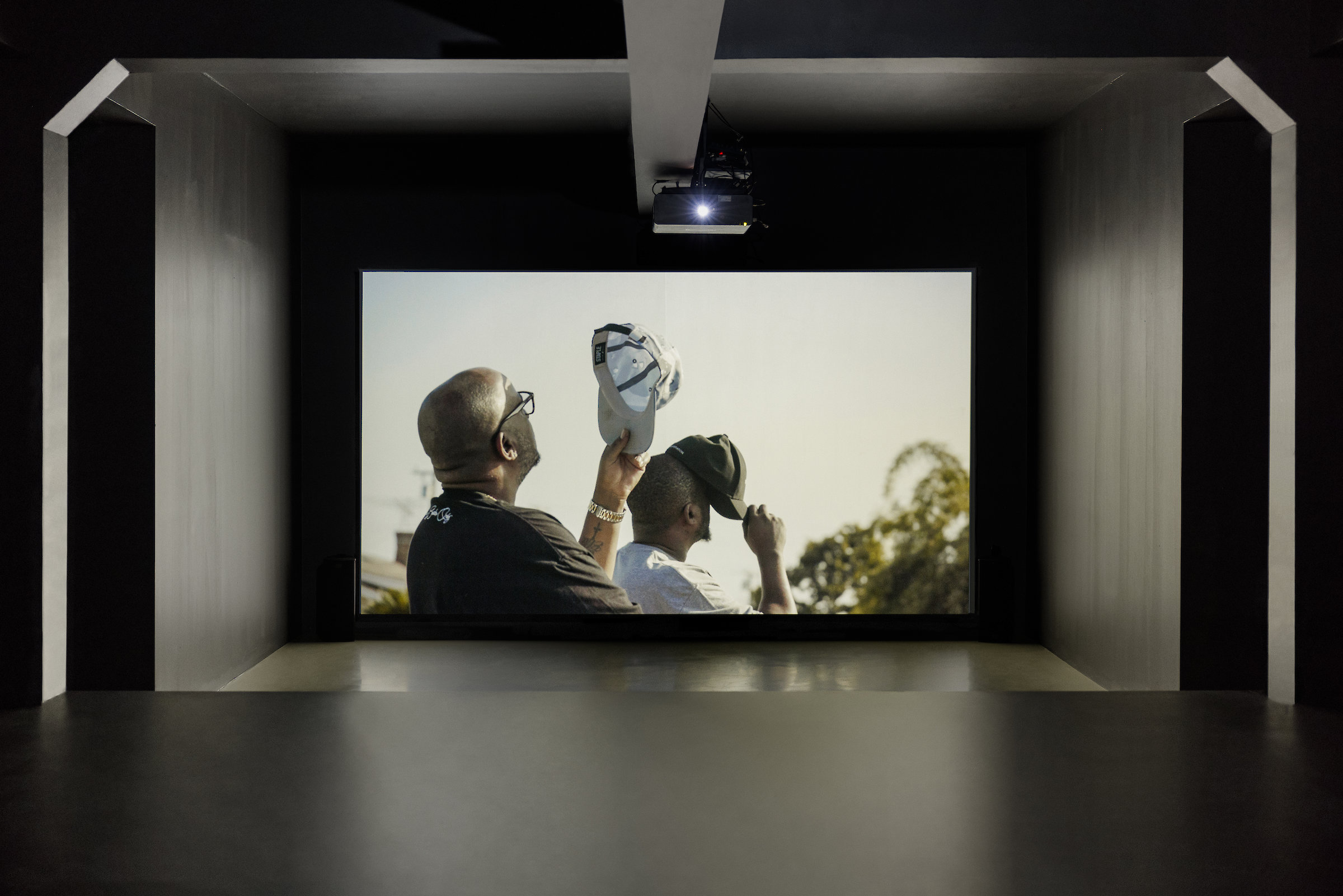
Yalda Afsah, Secret Society Roller Club, 2022
HD film, color, sound
20:08 min.
Courtesy the artist
Photo: kunst-dokumentation.com
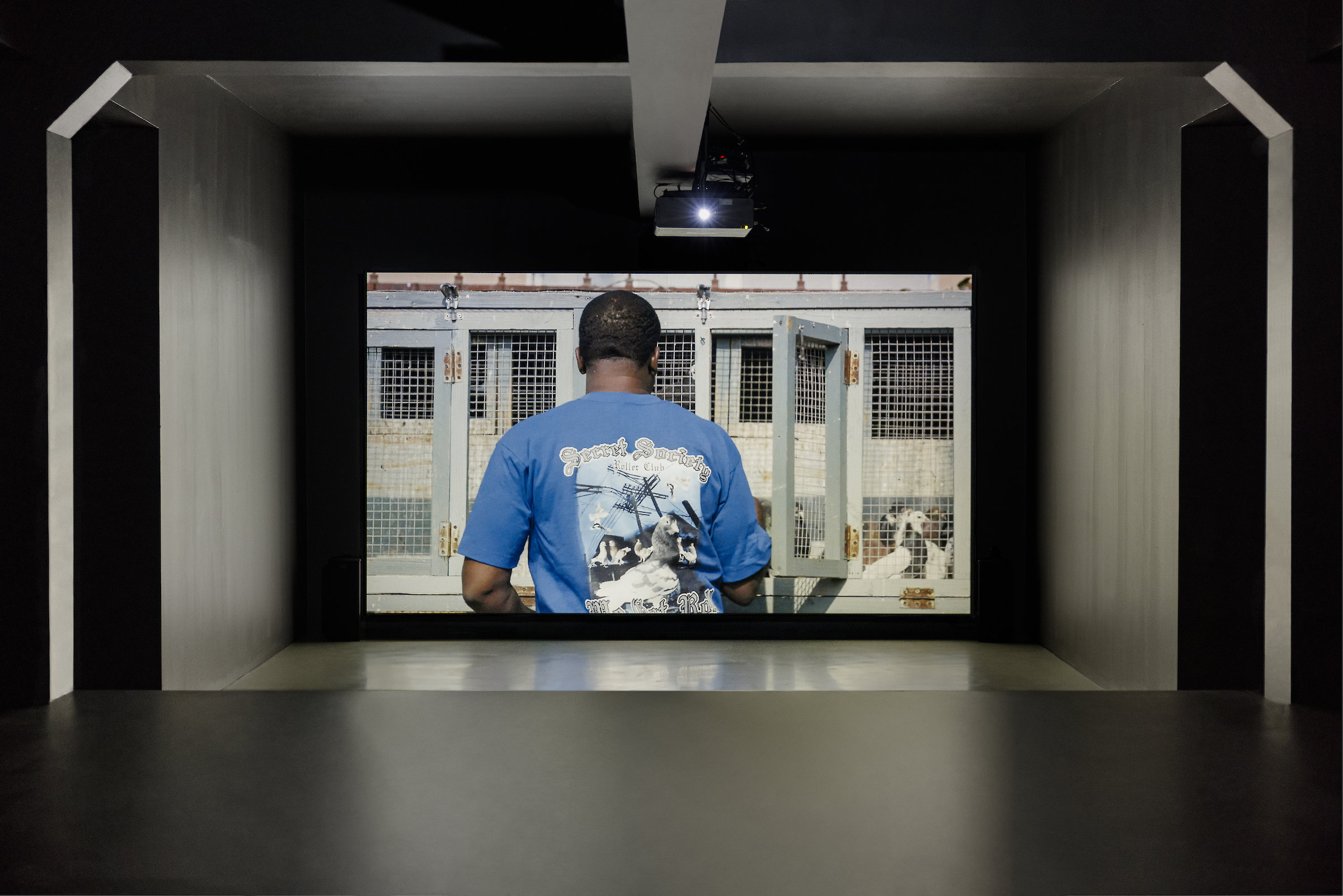
Yalda Afsah, Secret Society Roller Club, 2022
HD film, color, sound
20:08 min.
Courtesy the artist
Photo: kunst-dokumentation.com
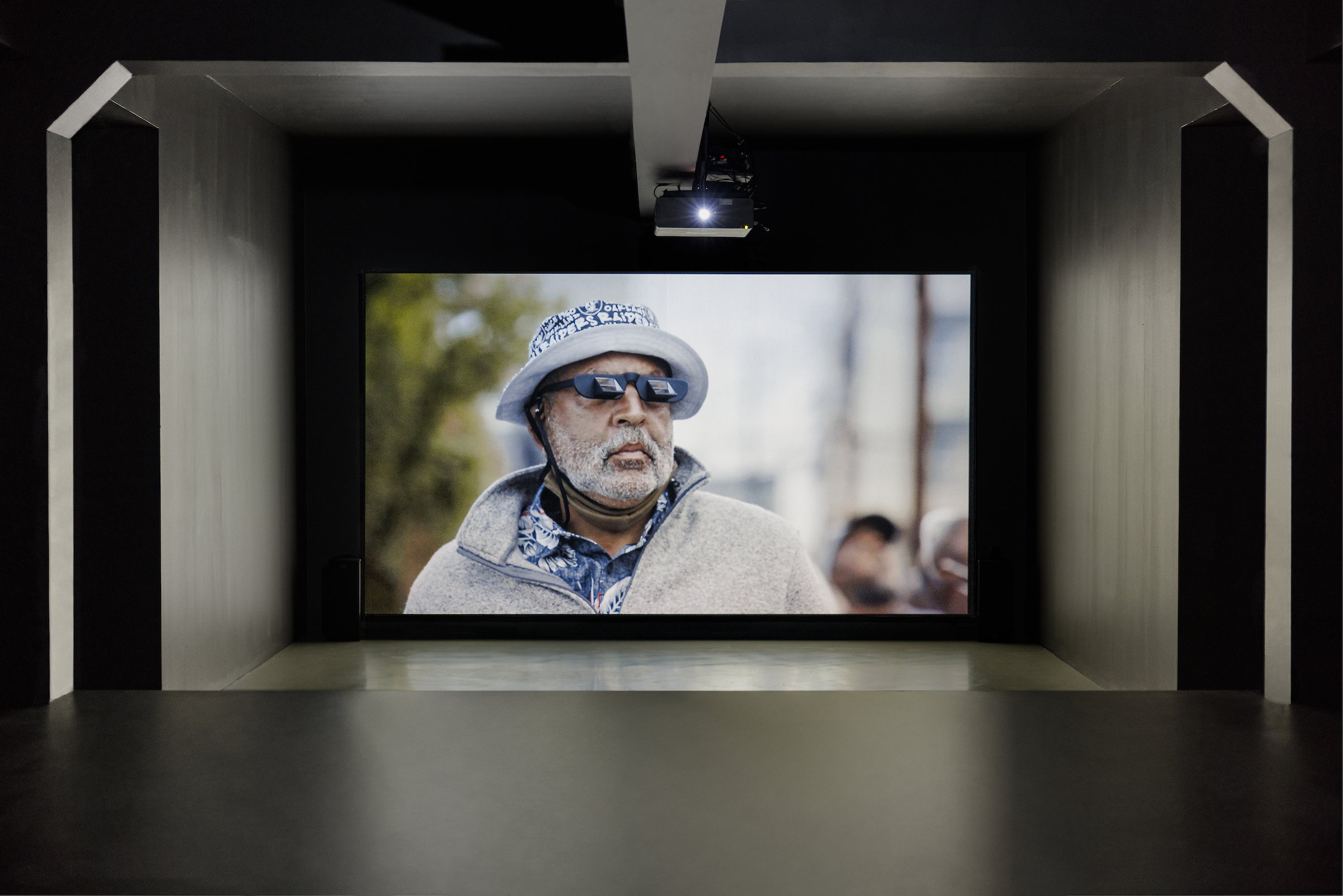
Yalda Afsah, Secret Society Roller Club, 2022
HD film, color, sound
20:08 min.
Courtesy the artist
Photo: kunst-dokumentation.com
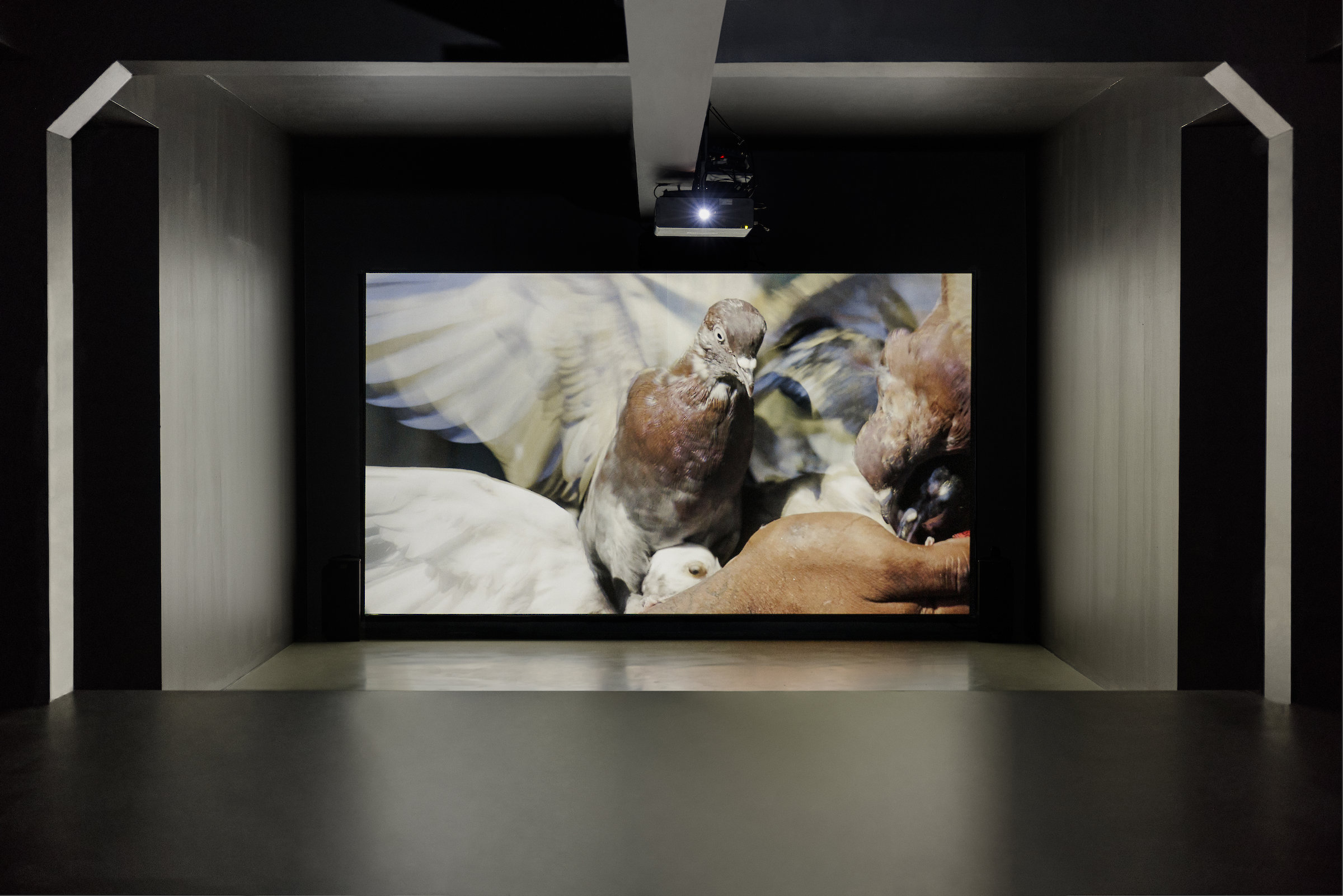
Yalda Afsah, Secret Society Roller Club, 2022
HD film, color, sound
20:08 min.
Courtesy the artist
Photo: kunst-dokumentation.com
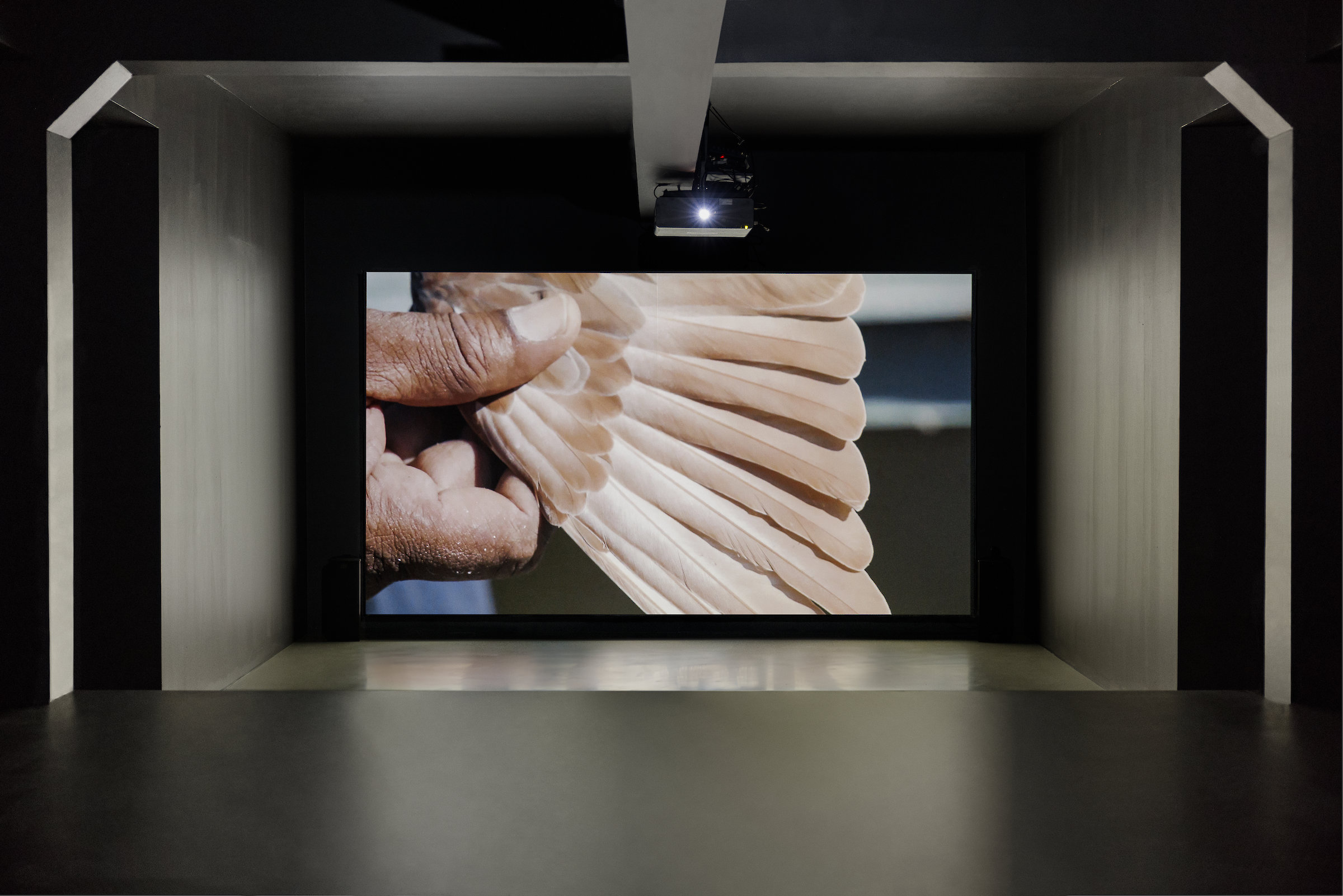
Yalda Afsah, Secret Society Roller Club, 2022
HD film, color, sound
20:08 min.
Courtesy the artist
Photo: kunst-dokumentation.com
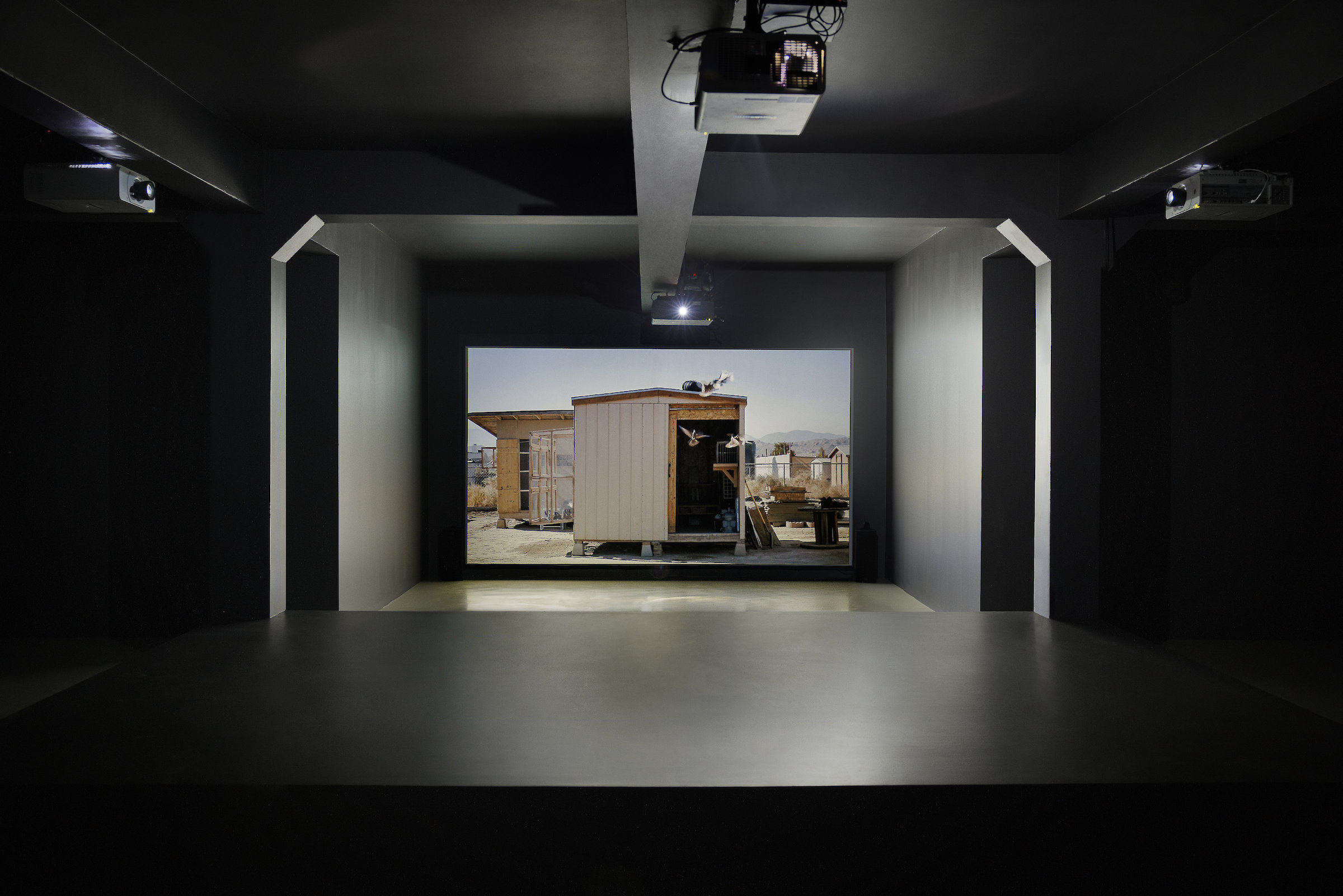
Yalda Afsah, Secret Society Roller Club, 2022
HD film, color, sound
20:08 min.
Courtesy the artist
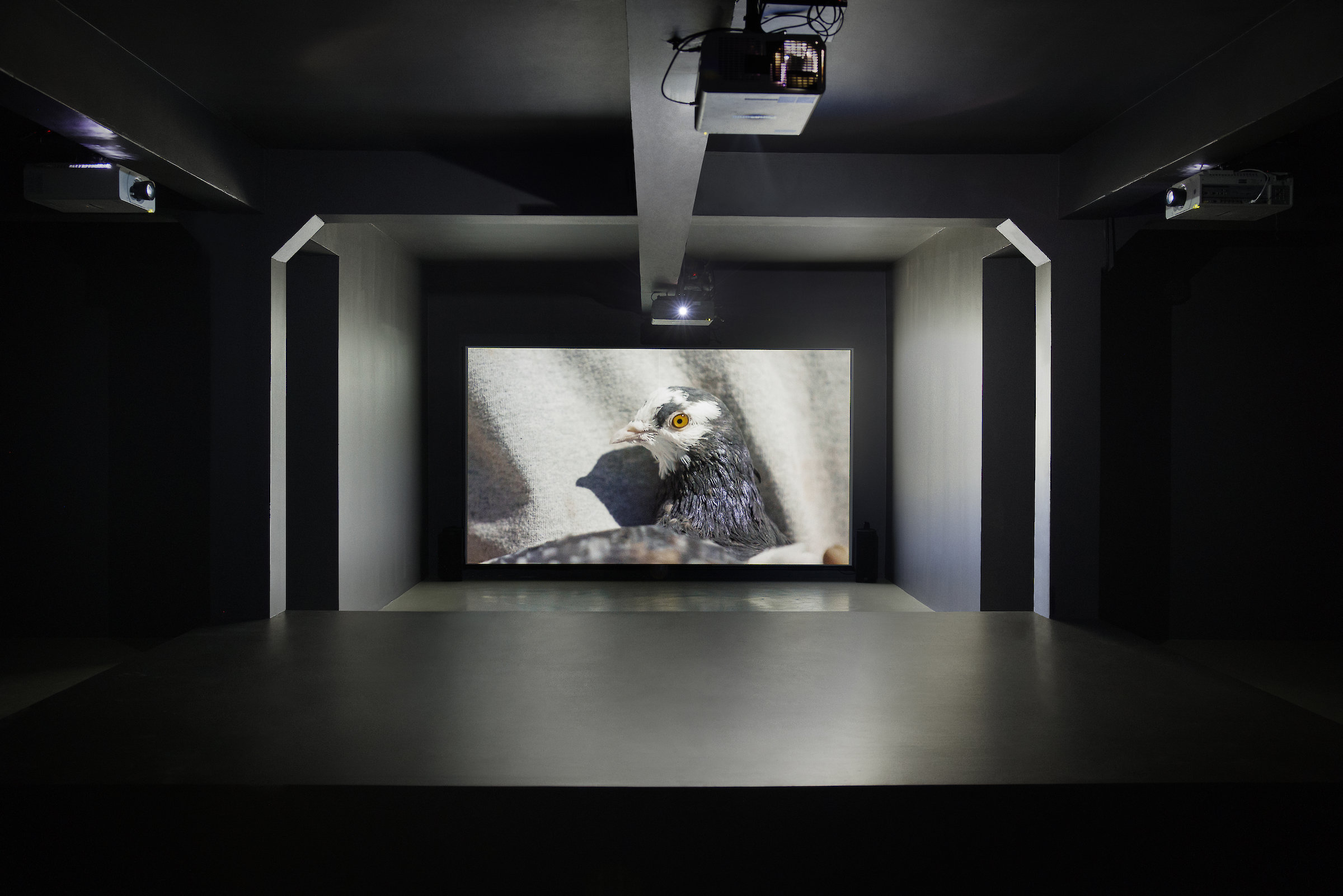
Yalda Afsah, Secret Society Roller Club, 2022
HD-Film, Farbe, Ton
20:08 Min.
Courtesy die Künstlerin
Foto: kunst-dokumentation.com
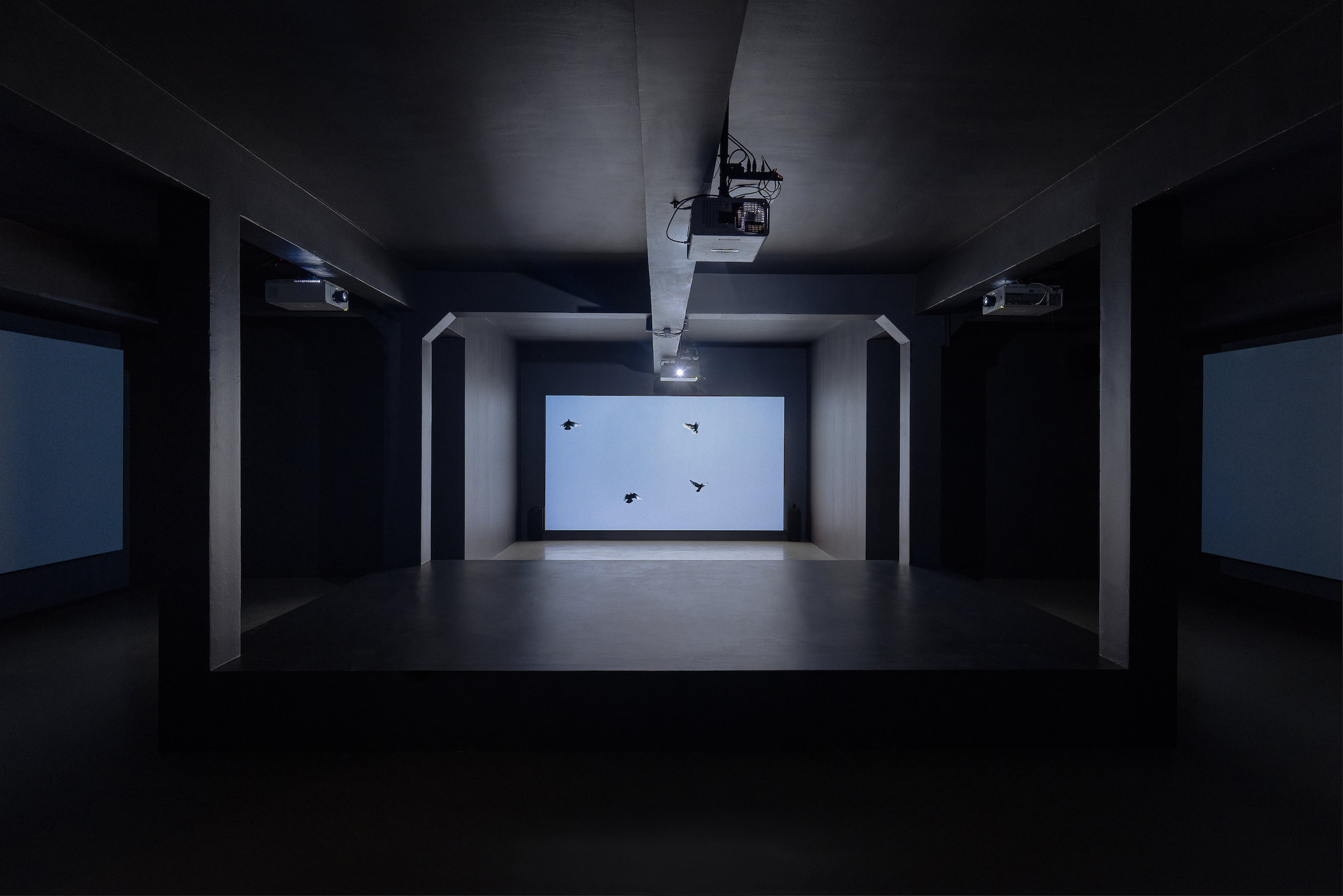
Yalda Afsah, Secret Society Roller Club, 2022
HD film, color, sound
20:08 min.
Courtesy the artist
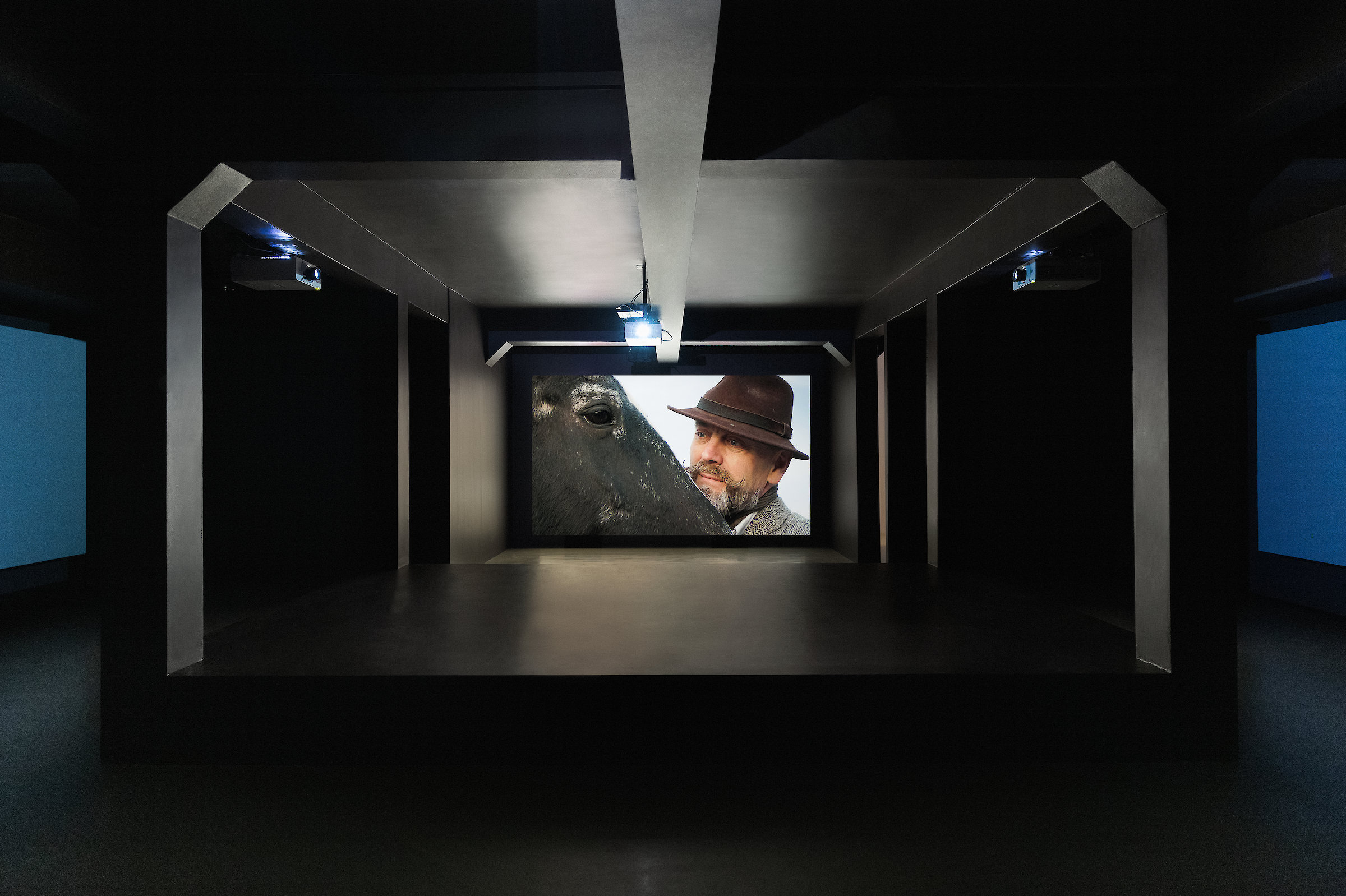
Yalda Afsah, Centaur, 2020
HD film, color, sound
12:53 min.
Courtesy the artist
Photo: kunst-dokumentation.com
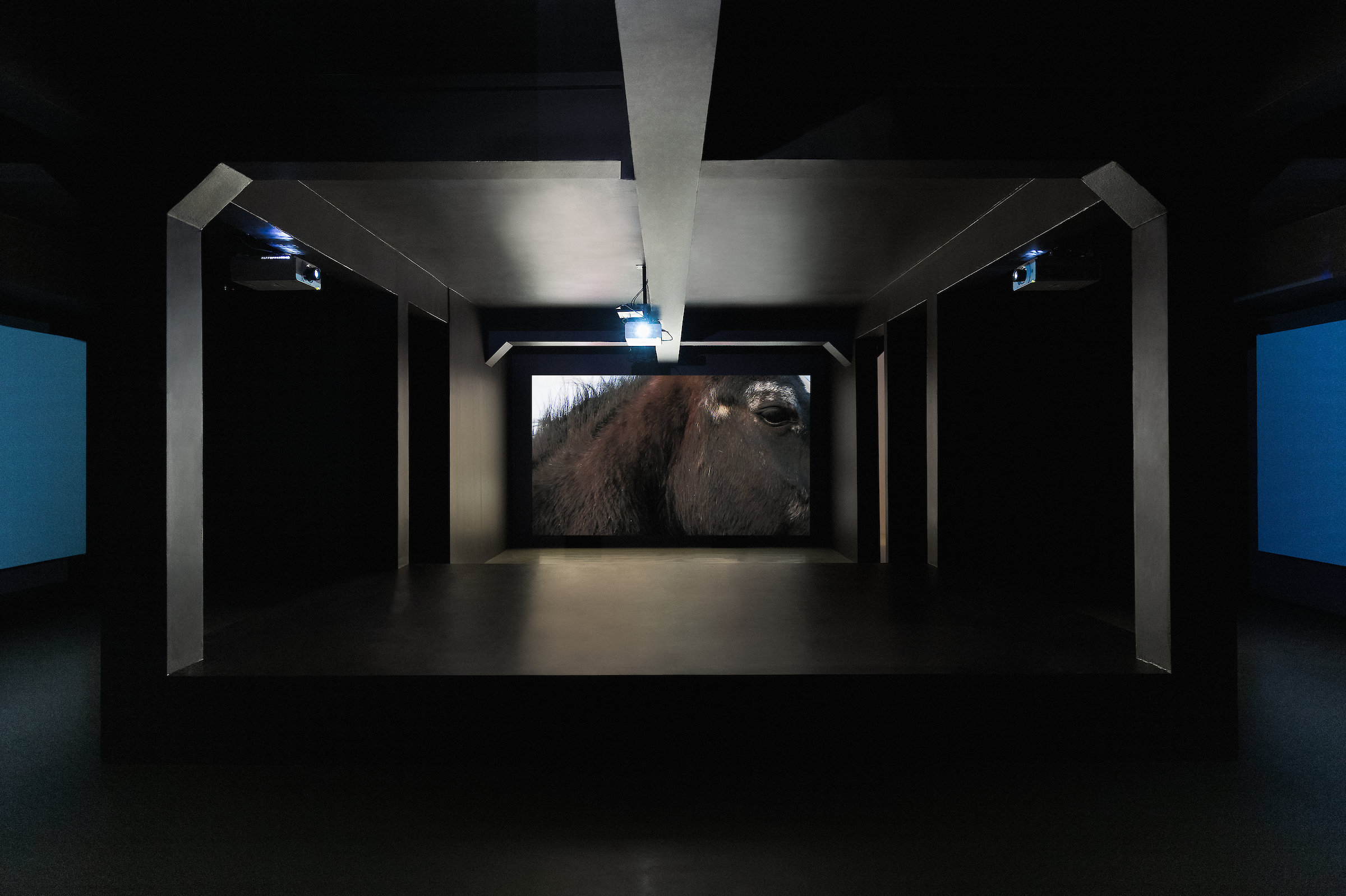
Yalda Afsah, Centaur, 2020
HD film, color, sound
12:53 min.
Courtesy the artist
Photo: kunst-dokumentation.com
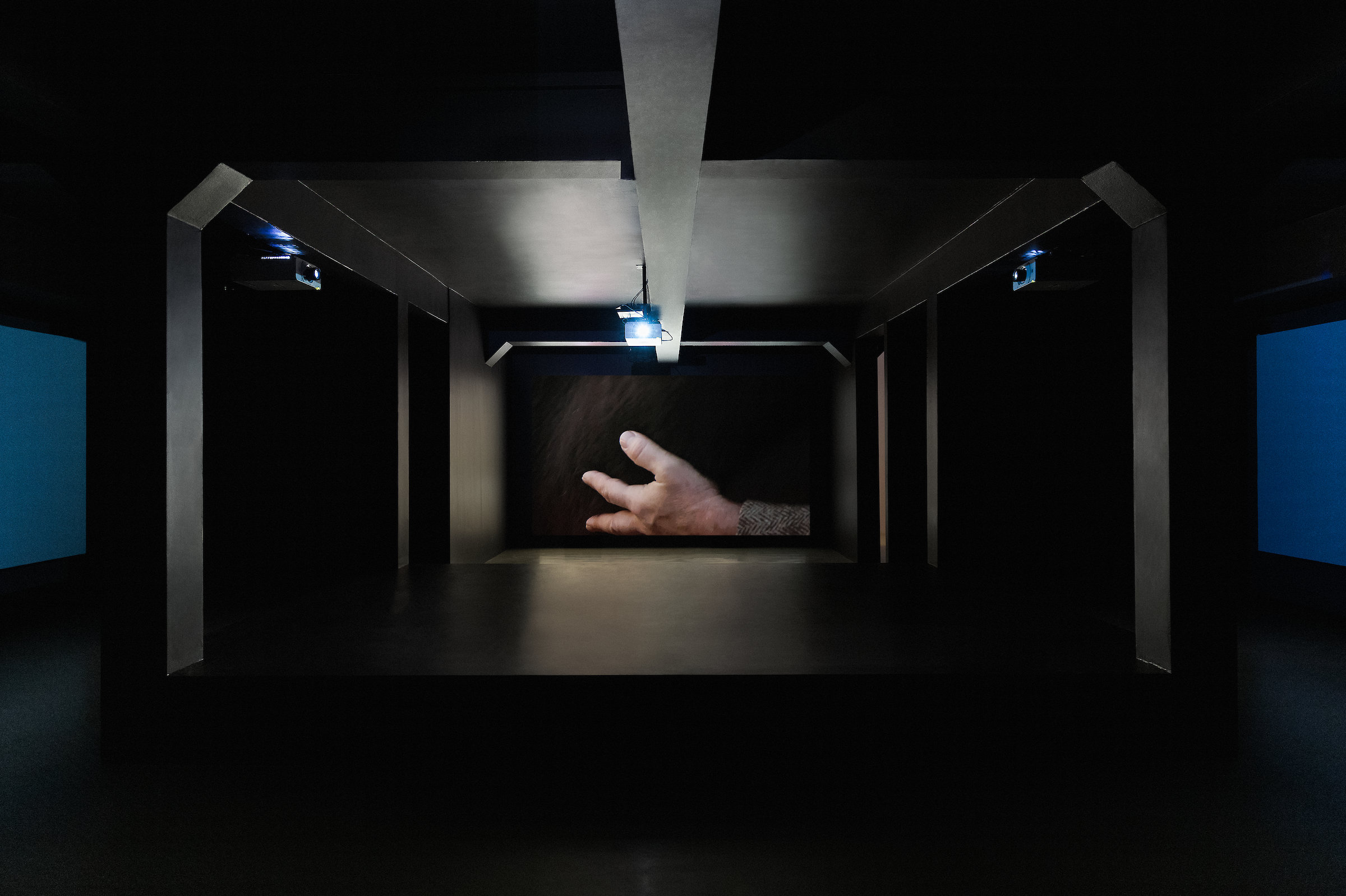
Yalda Afsah, Centaur, 2020
HD film, color, sound
12:53 min.
Courtesy the artist
Photo: kunst-dokumentation.com
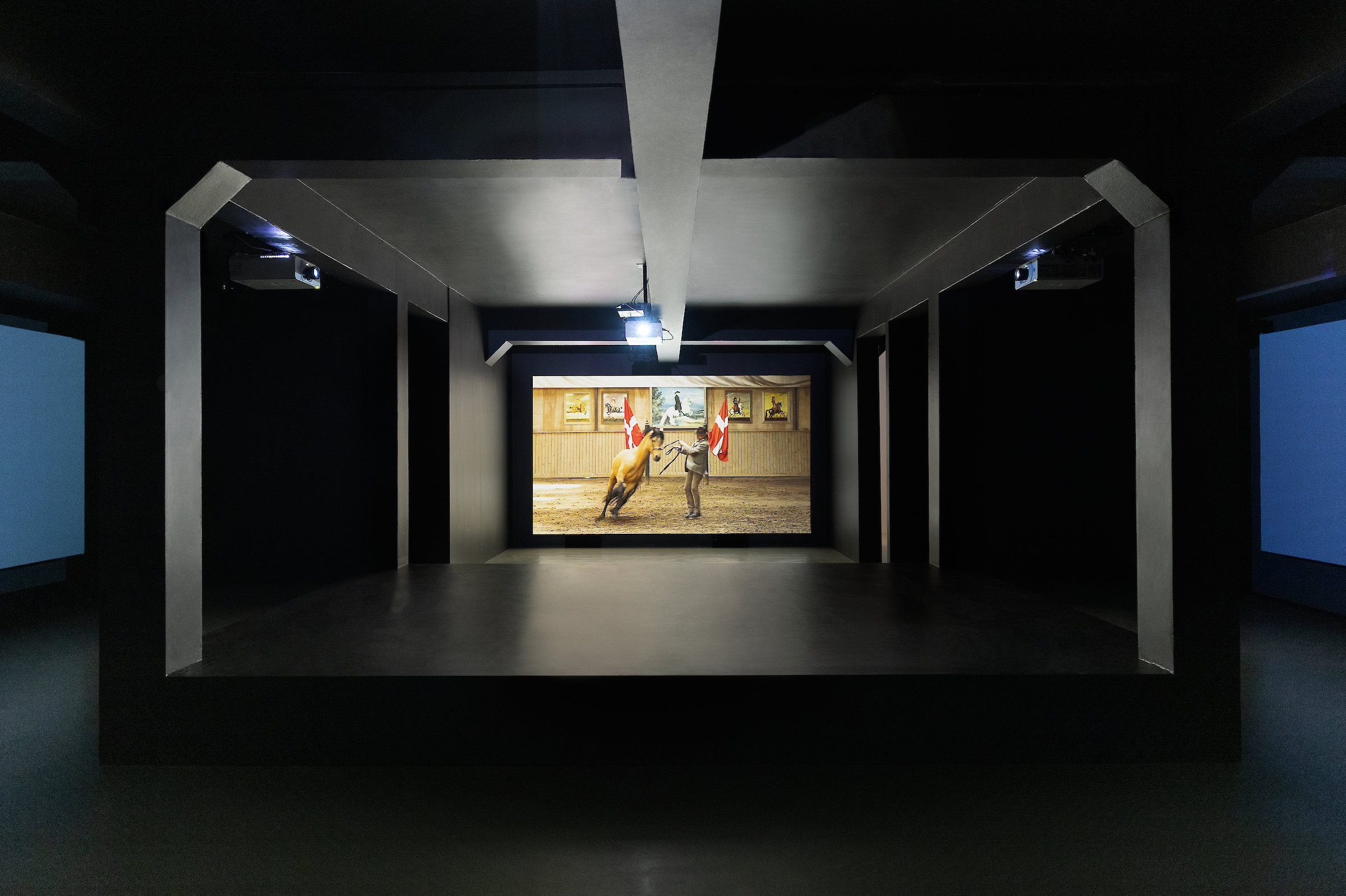
Yalda Afsah, Centaur, 2020
HD film, color, sound
12:53 min.
Courtesy the artist
Photo: kunst-dokumentation.com
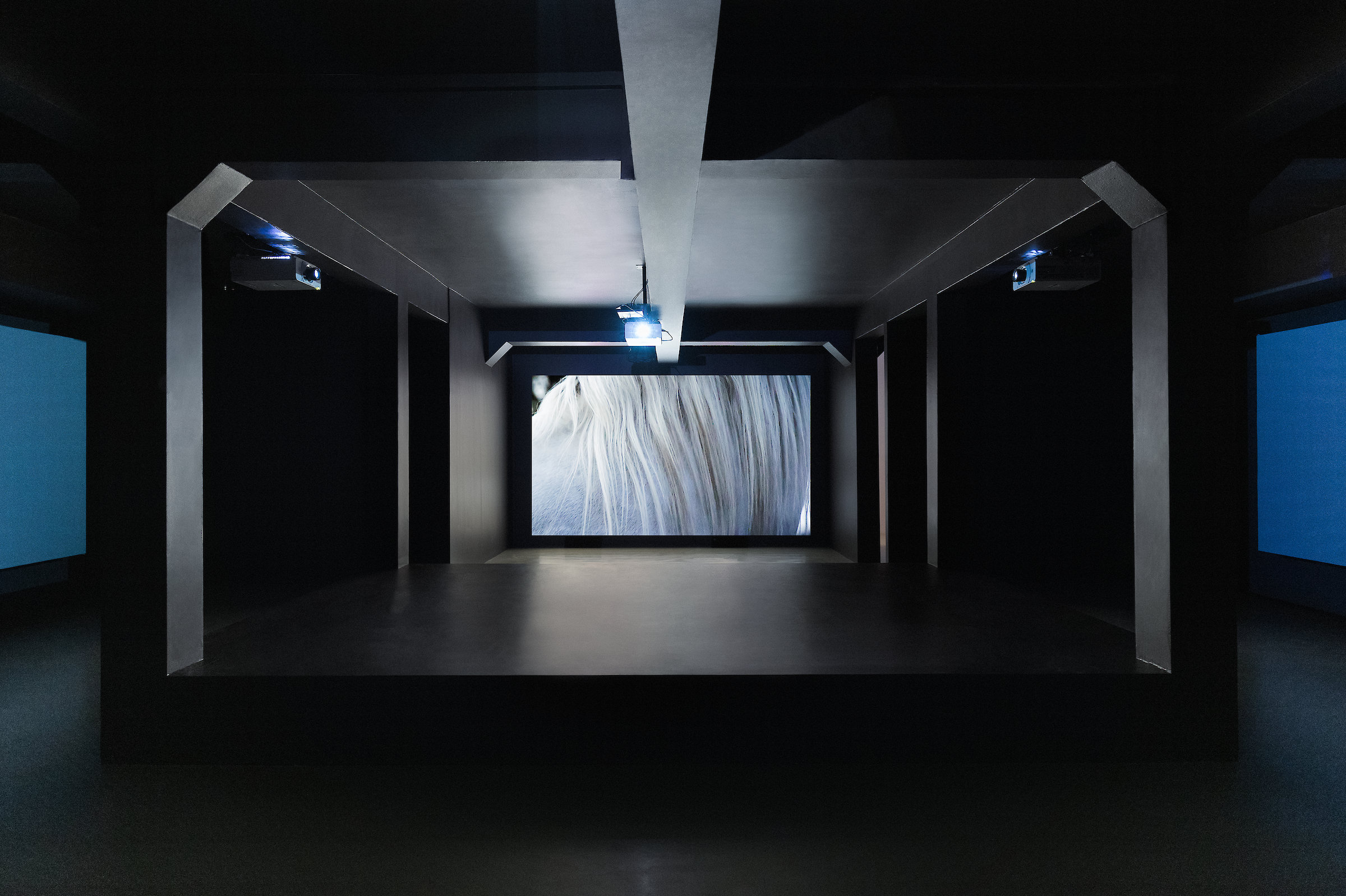
Yalda Afsah, Centaur, 2020
HD film, color, sound
12:53 min.
Courtesy the artist
Photo: kunst-dokumentation.com
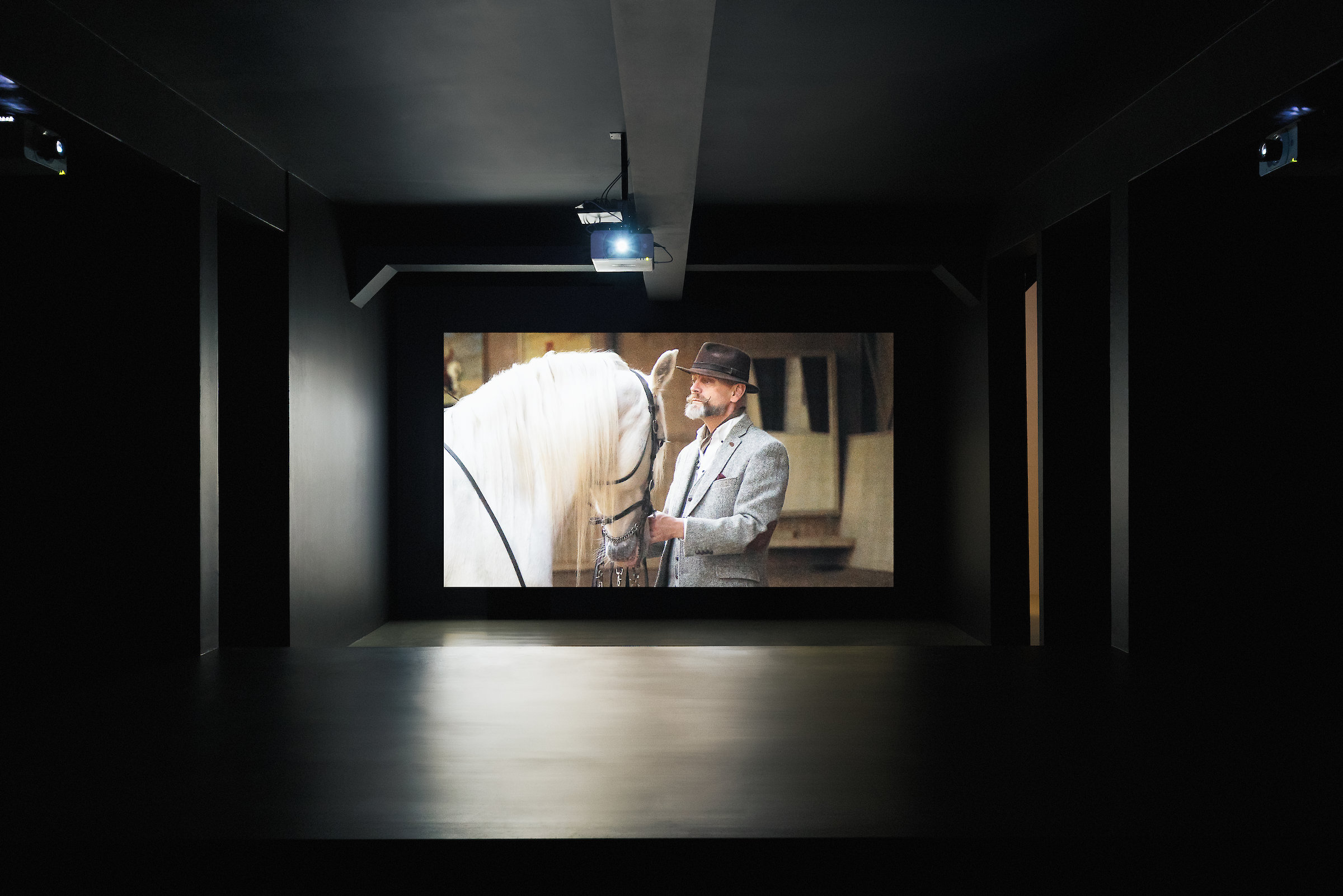
Yalda Afsah, Centaur, 2020
HD film, color, sound
12:53 min.
Courtesy the artist
Photo: kunst-dokumentation.com
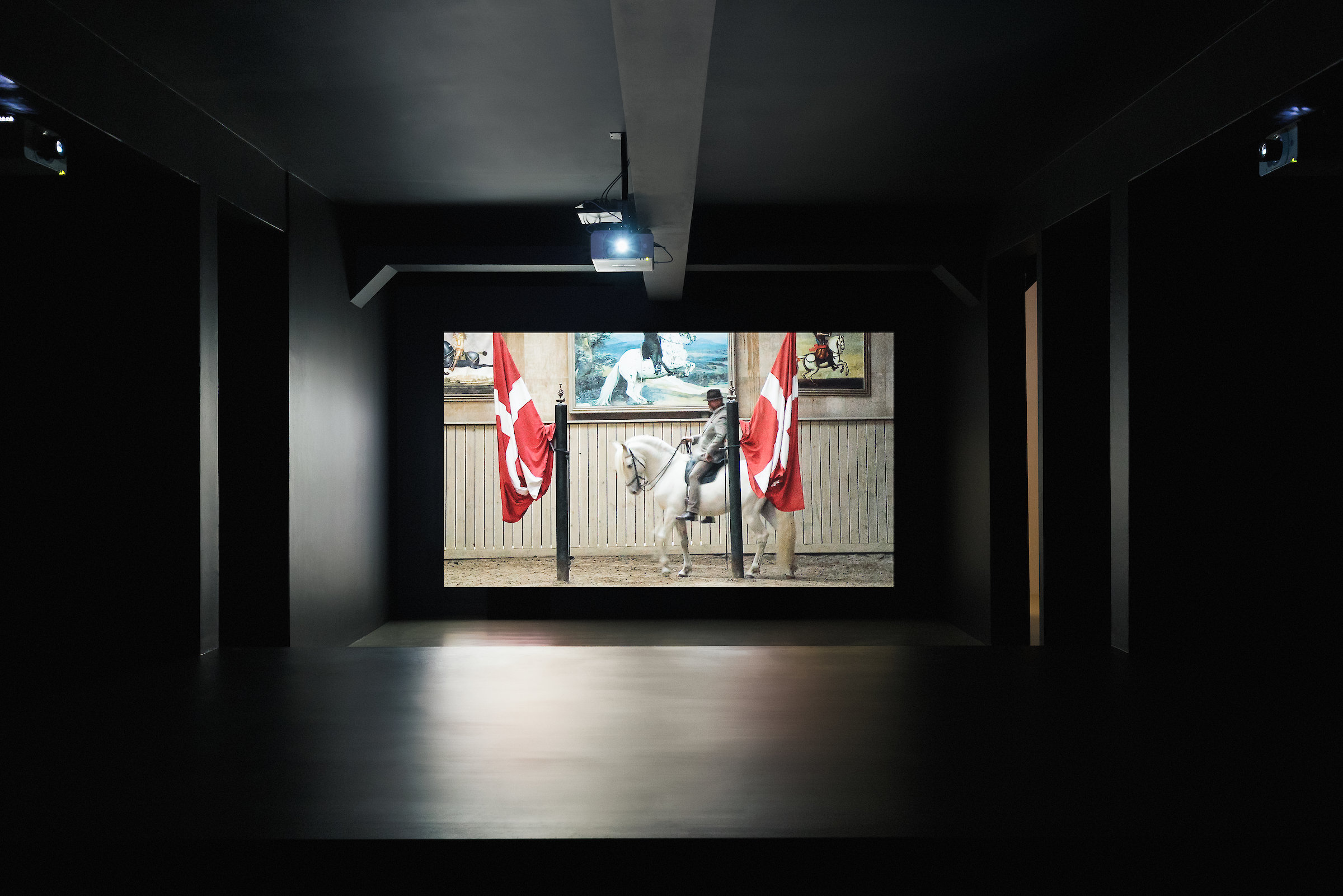
Yalda Afsah, Centaur, 2020
HD film, color, sound
12:53 min.
Courtesy the artist
Photo: kunst-dokumentation.com
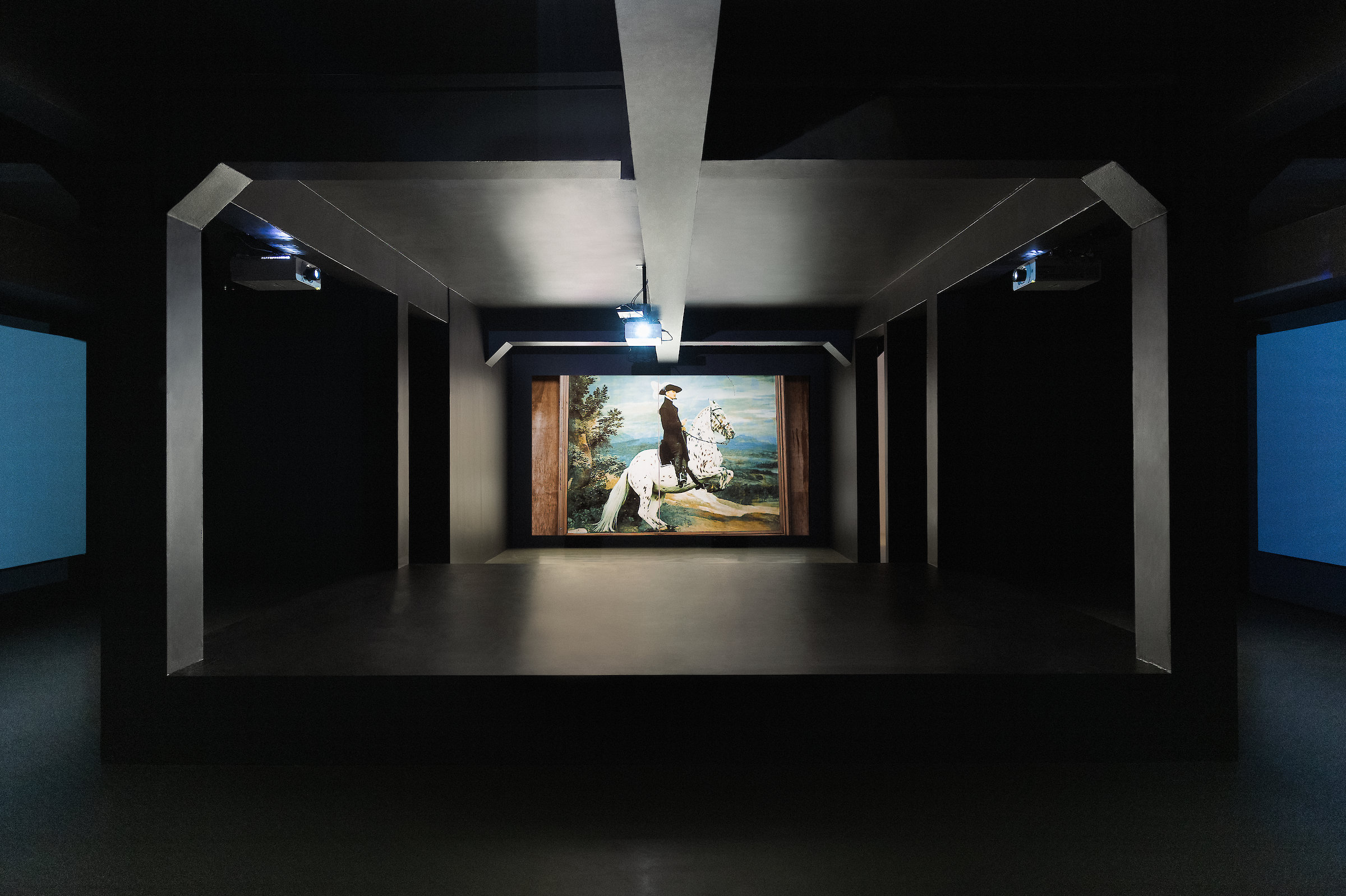
Yalda Afsah, Centaur, 2020
HD film, color, sound
12:53 min.
Courtesy the artist
Photo: kunst-dokumentation.com
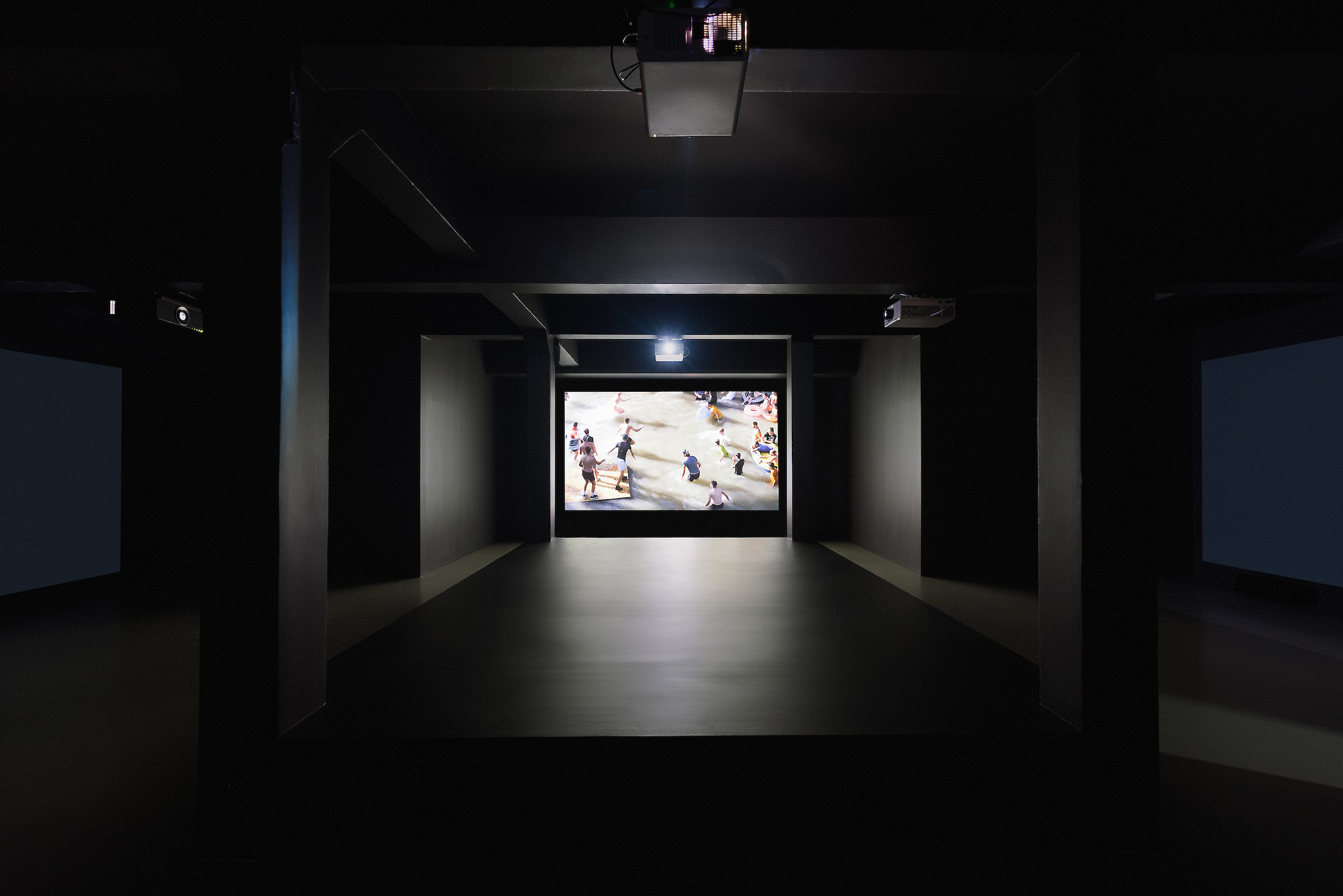
Yalda Afsah, Videourle, 2019
HD film, color, sound
09:59 min.
Courtesy the artist
Photo: kunst-dokumentation.com
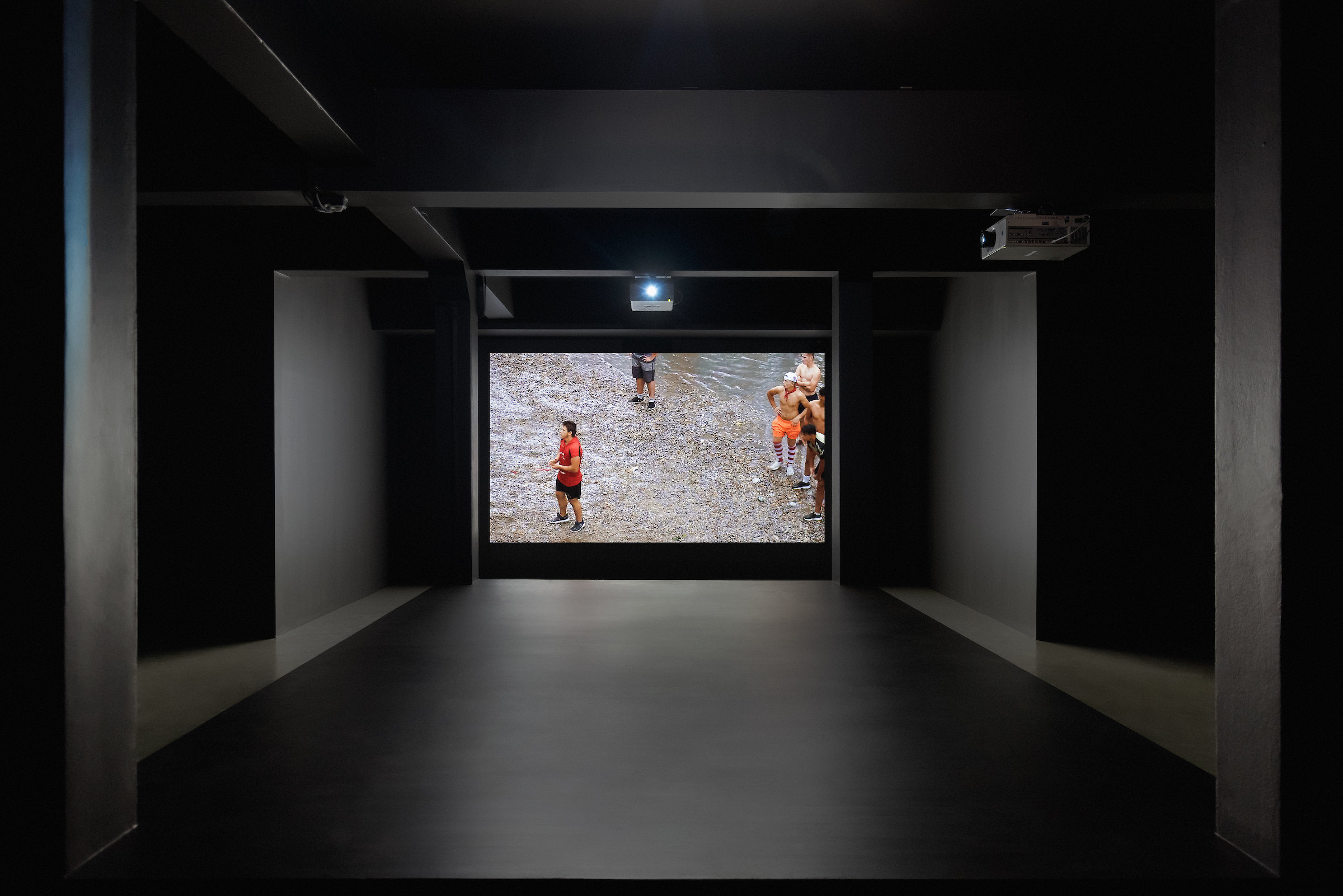
Yalda Afsah, Videourle, 2019
HD film, color, sound
09:59 min.
Courtesy the artist
Photo: kunst-dokumentation.com
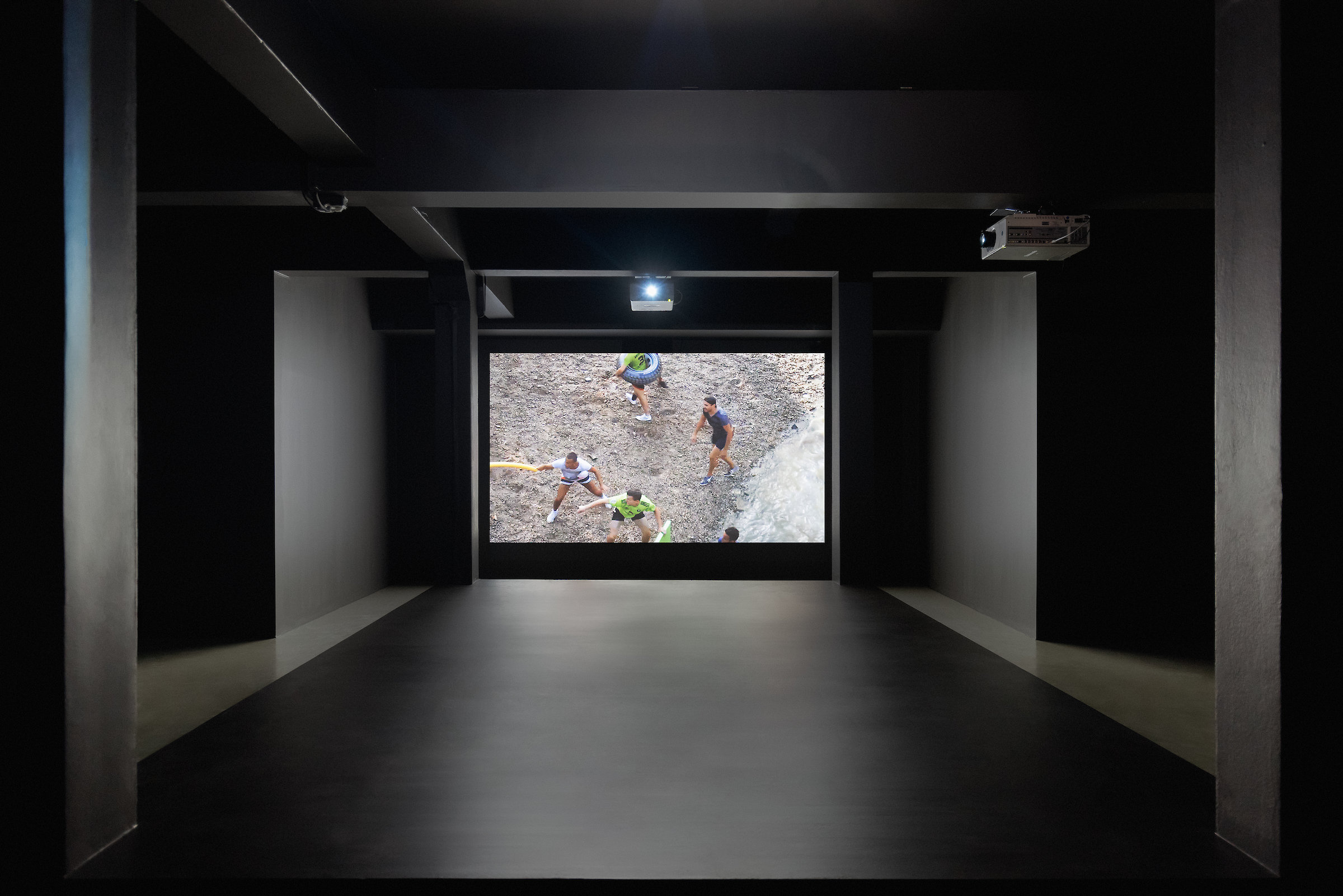
Yalda Afsah, Videourle, 2019
HD film, color, sound
09:59 min.
Courtesy the artist
Photo: kunst-dokumentation.com
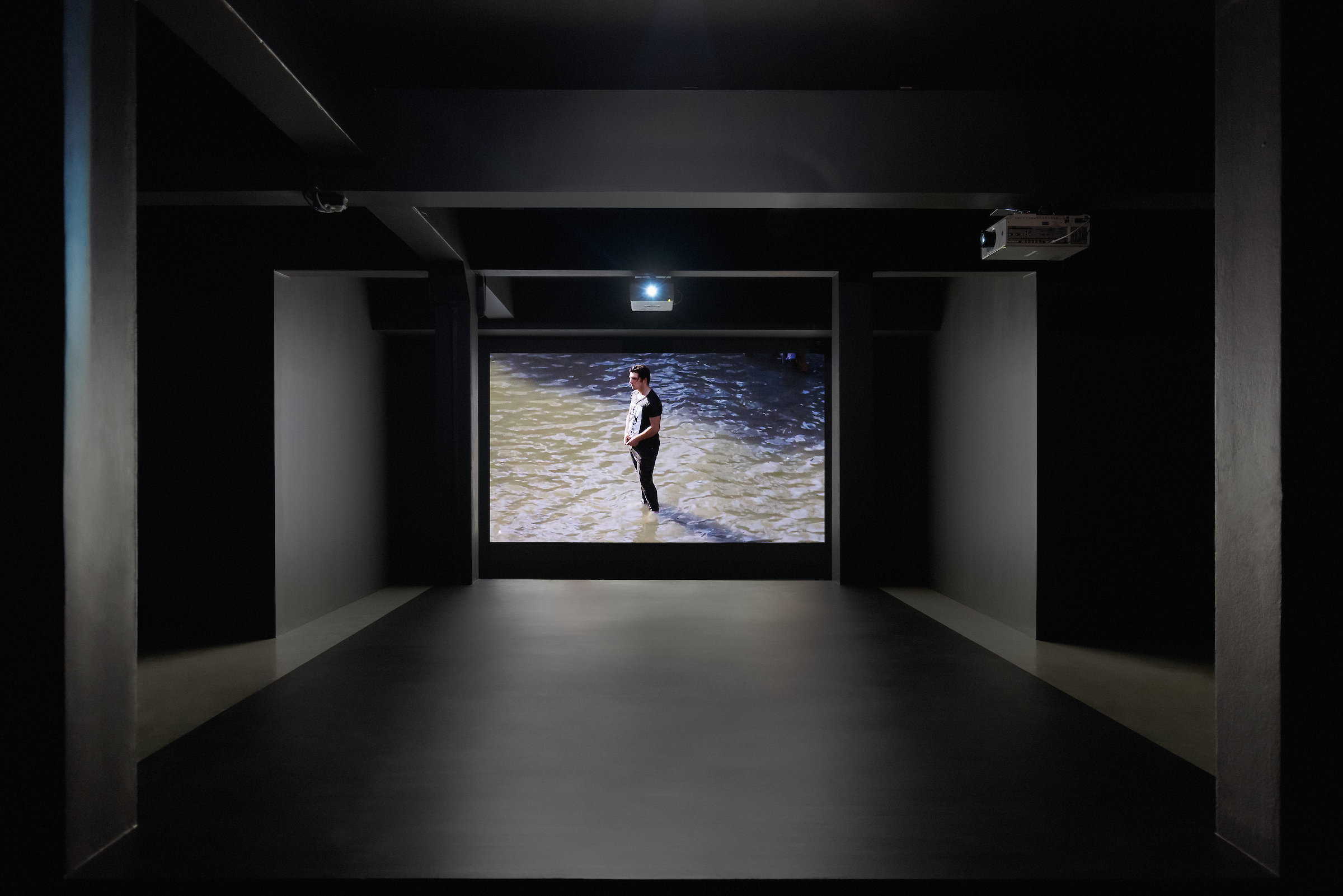
Yalda Afsah, Videourle, 2019
HD film, color, sound
09:59 min.
Courtesy the artist
Photo: kunst-dokumentation.com
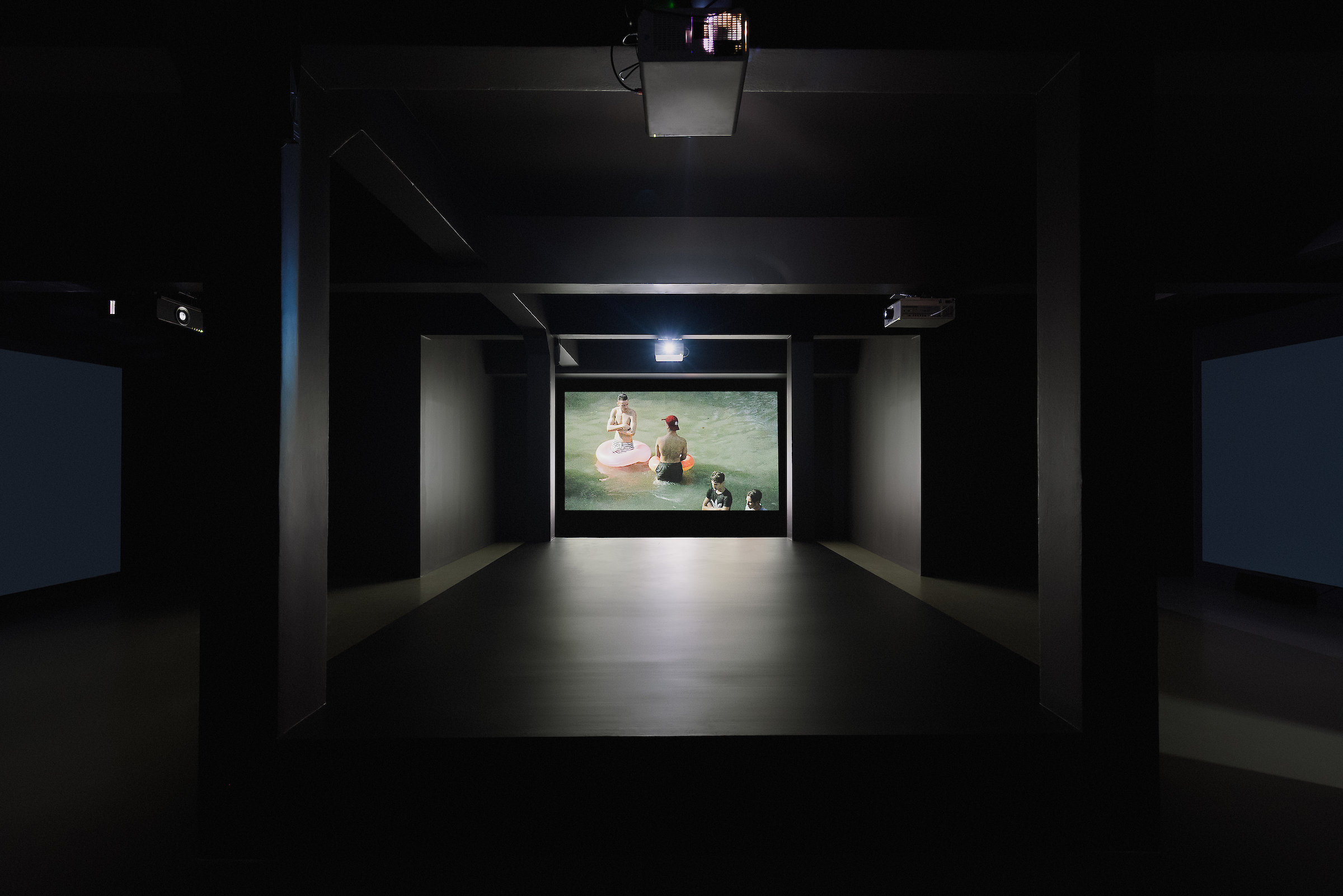
Yalda Afsah, Videourle, 2019
HD film, color, sound
09:59 min.
Courtesy the artist
Photo: kunst-dokumentation.com
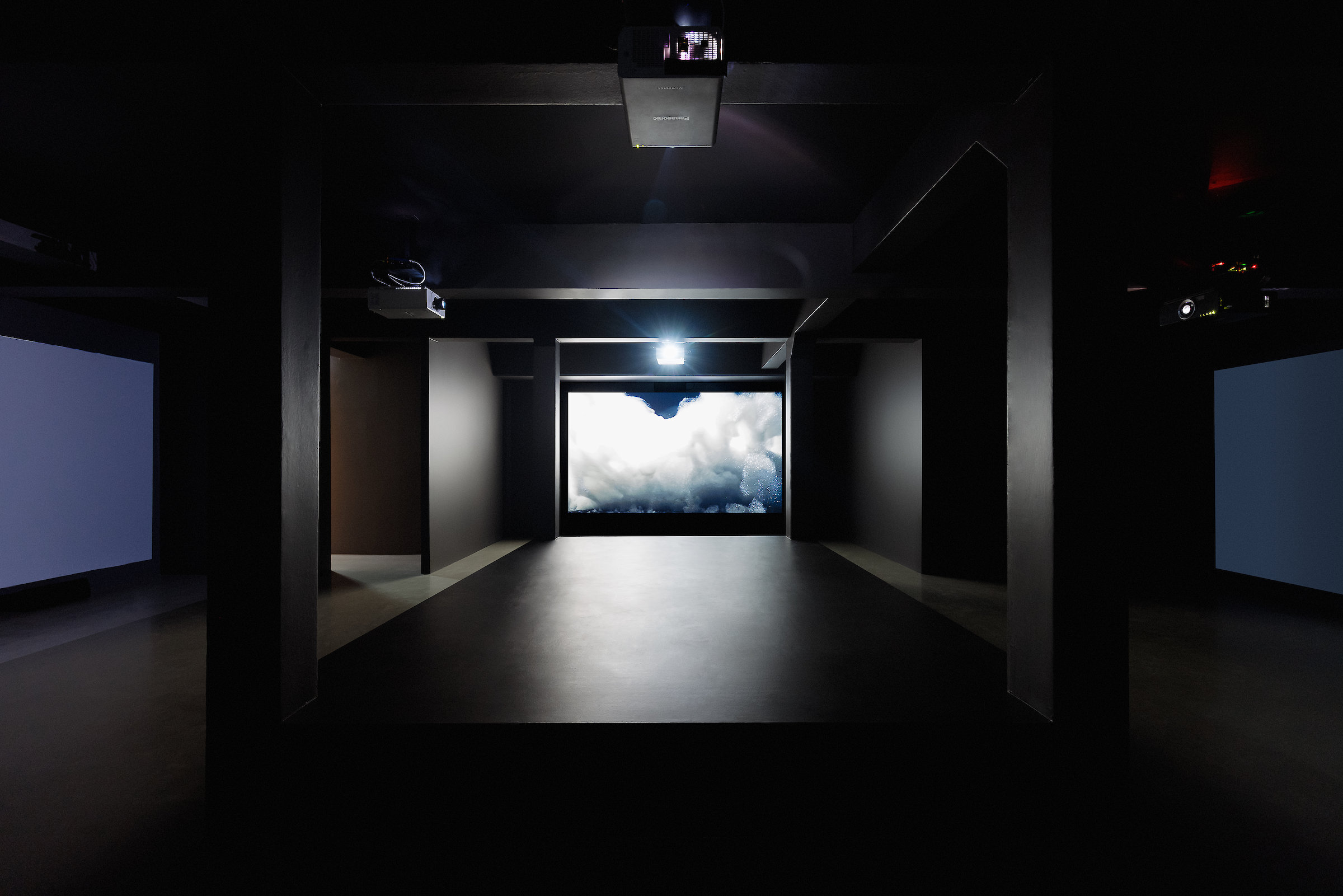
Yalda Afsah, Tourneur, 2018
HD film, color, sound
14:23 min.
Courtesy the artist
Photo: kunst-dokumentation.com
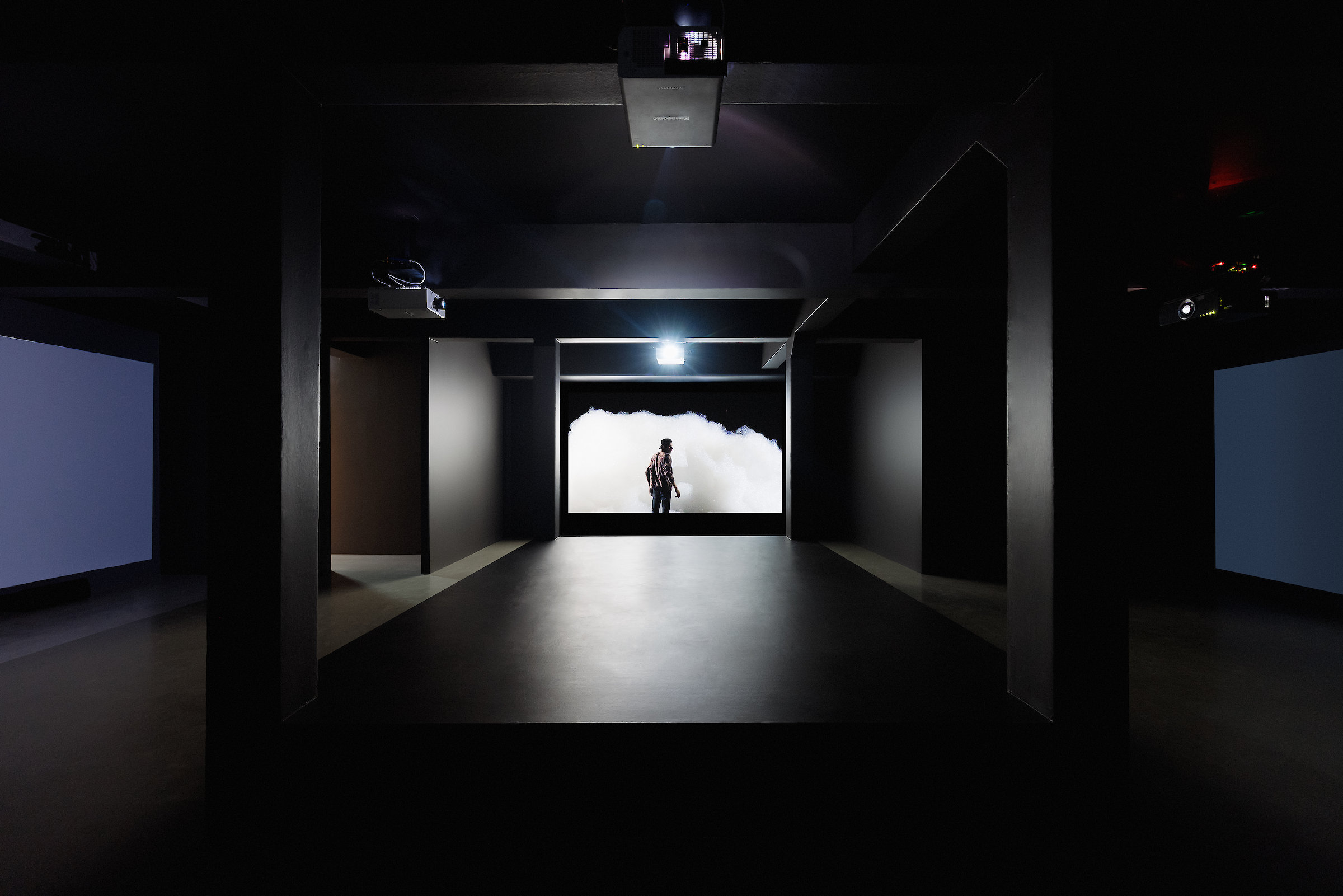
Yalda Afsah, Tourneur, 2018
HD film, color, sound
14:23 min.
Courtesy the artist
Photo: kunst-dokumentation.com
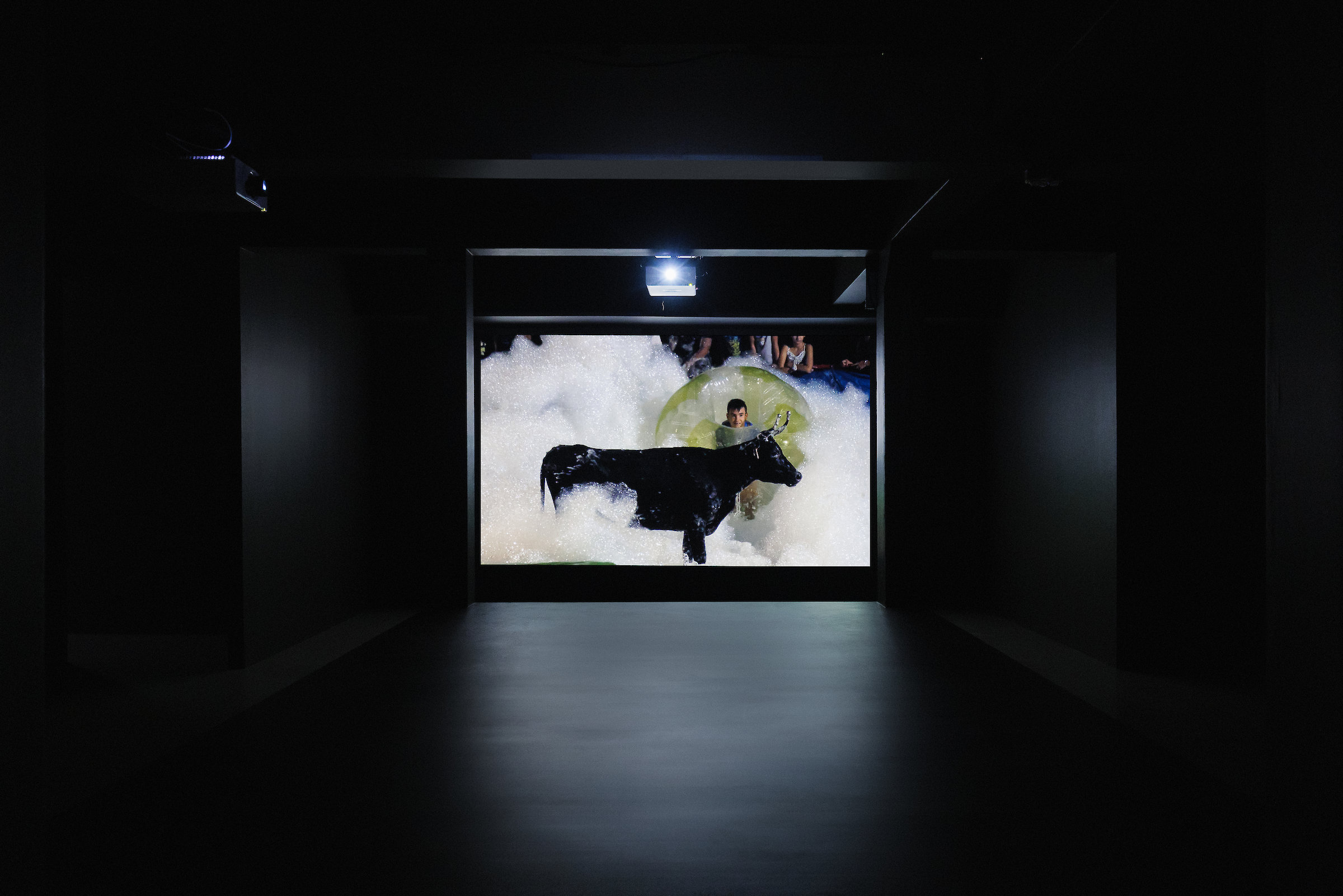
Yalda Afsah, Tourneur, 2018
HD film, color, sound
14:23 min.
Courtesy the artist
Photo: kunst-dokumentation.com
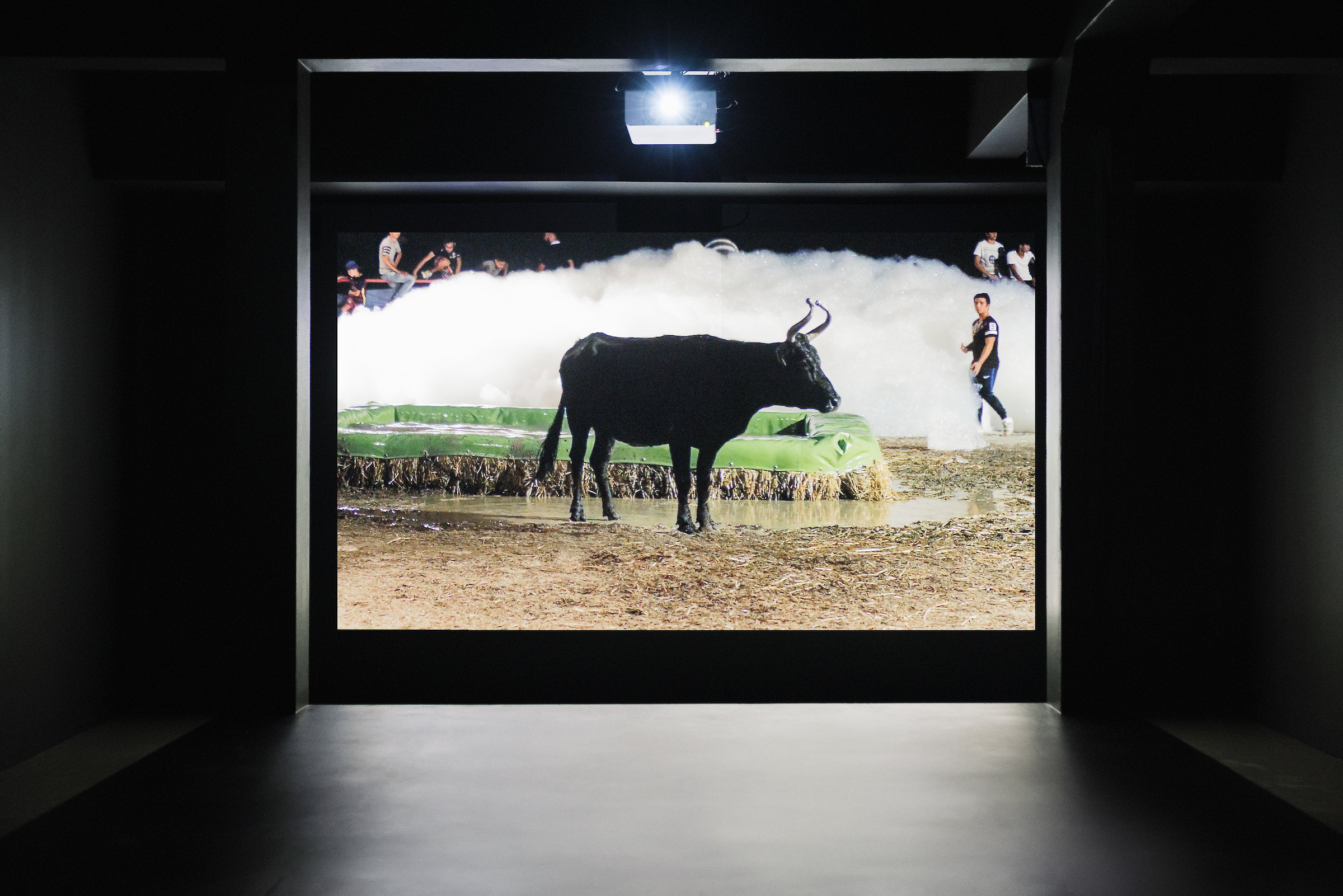
Yalda Afsah, Tourneur, 2018
HD film, color, sound
14:23 min.
Courtesy the artist
Photo: kunst-dokumentation.com
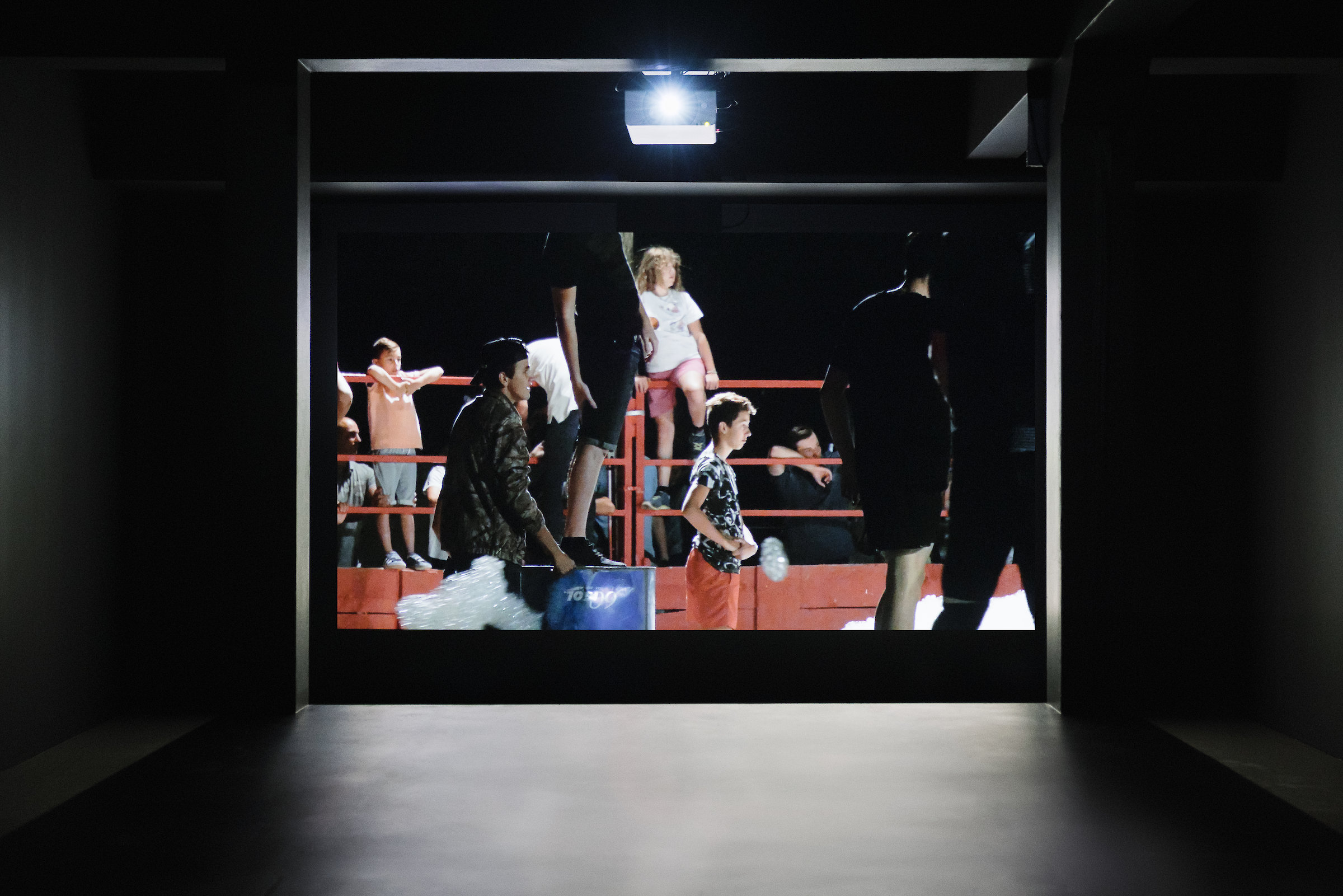
Yalda Afsah, Tourneur, 2018
HD film, color, sound
14:23 min.
Courtesy the artist
Photo: kunst-dokumentation.com
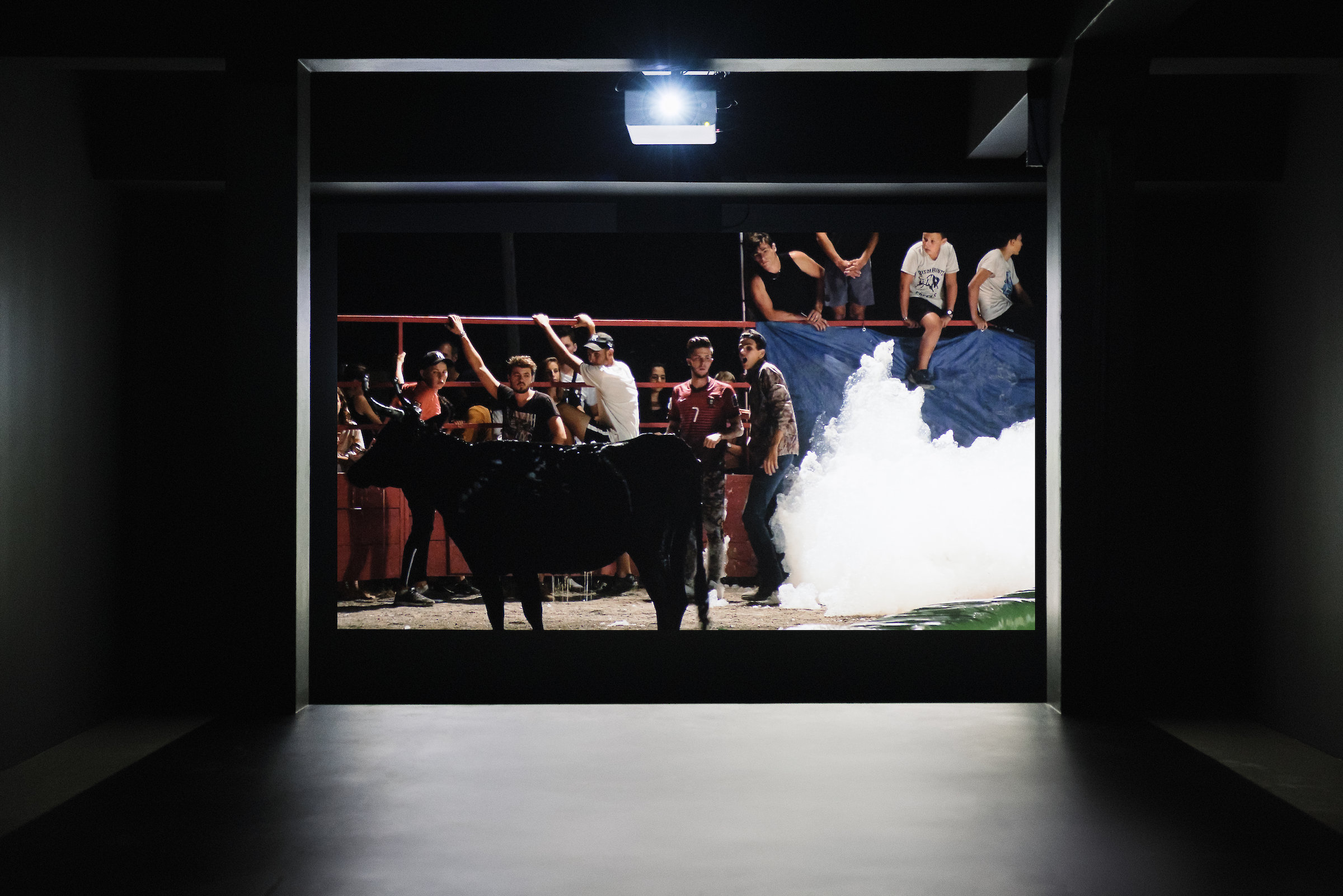
Yalda Afsah, Tourneur, 2018
HD film, color, sound
14:23 min.
Courtesy the artist
Photo: kunst-dokumentation.com
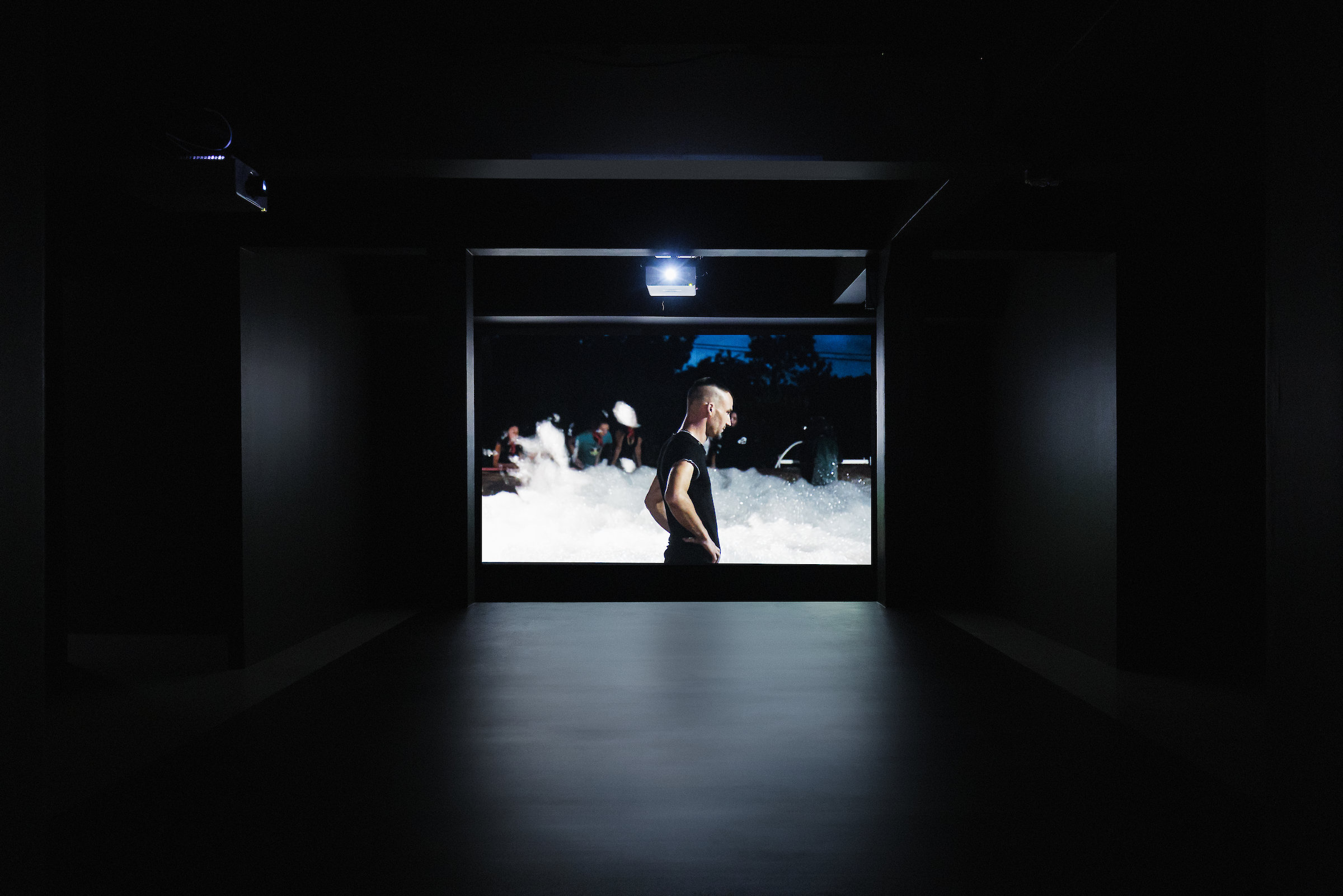
Yalda Afsah, Tourneur, 2018
HD film, color, sound
14:23 min.
Courtesy the artist
Photo: kunst-dokumentation.com
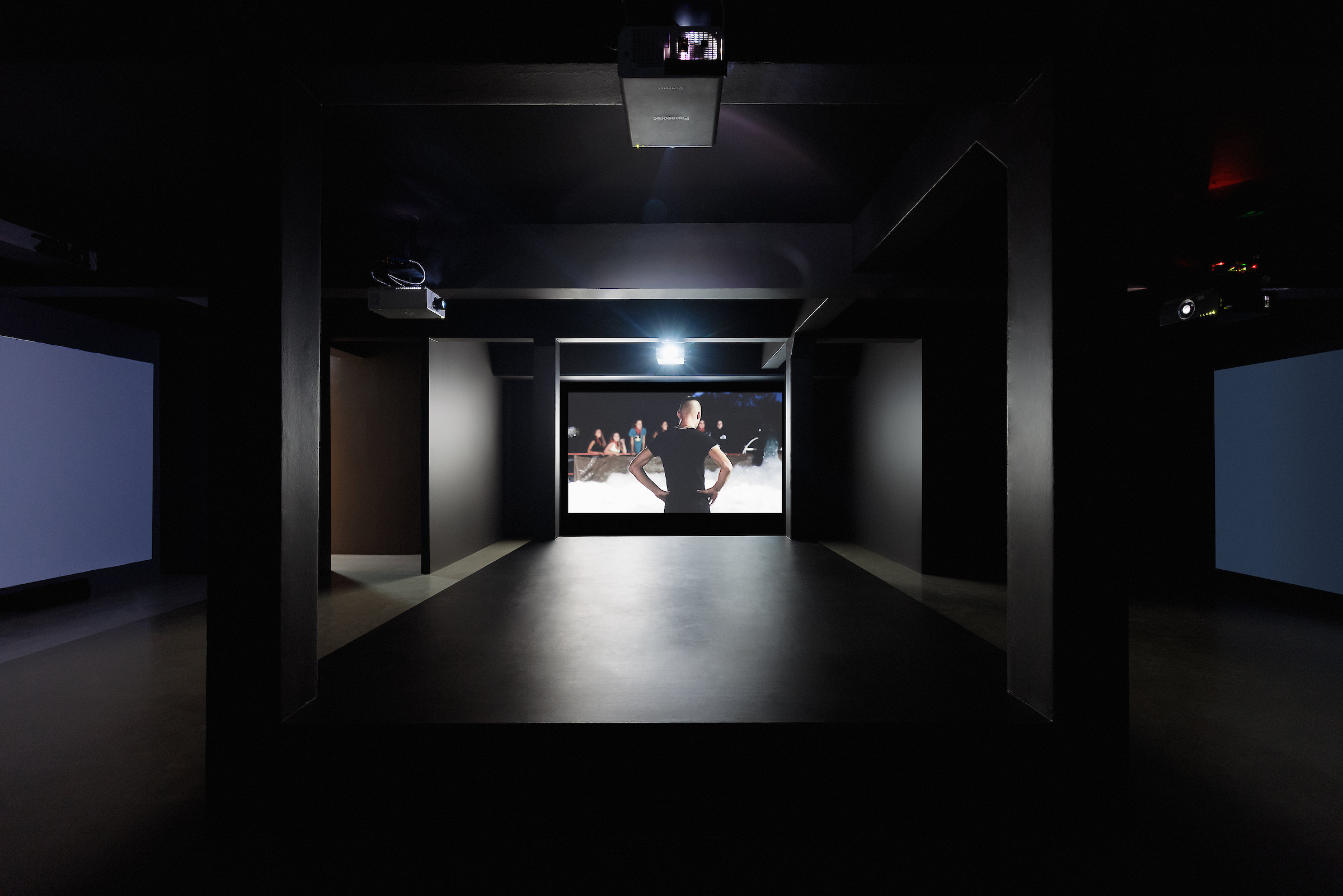
Yalda Afsah, Tourneur, 2018
HD film, color, sound
14:23 min.
Courtesy the artist
Photo: kunst-dokumentation.com
Text
The human relationship with animals, and the agency surrounding that interaction is critical to the work of the German-Iranian artist Yalda Afsah. Together with Kunstverein München, HALLE FÜR KUNST Steiermark presents her first institutional solo exhibition, focusing on questions of power, care, and control in relation to domestication. Using three examples — bullfighting, horse dressage, and pigeon breeding — she examines the blurred boundaries between affection and identification with animals on the one hand, as well as submission and human domination on the other.
In the conditioning of animals, anthropocentric power relations become evident. Afsah’s works reveal the ambiguous character of the forces that operate at the center of these relationships. She directs our gaze to the moments when the bodies of humans and animals are marked by an uncanny closeness: the camera lingers on the aesthetic yet unnatural movements of a horse, focuses on the concentrated aggression of a bull, or follows the gazes of men searching the sky for pigeons performing falls.
In ancient eurocentric definitions of social space, exclusion has long been inscribed. As philosopher Fahim Amir writes: “a place to which neither animals, plants, slaves nor women had access, but only the free anthropos loitering smartly,” while the others struggle at the edges. It is precisely these margins that Afsah focuses on in her work, for that is where we decide who cares for or subjugates whom, and who is even defined as an independent subject in the first place. The animals themselves appear in Afsah’s works as protagonists and as living beings — not only under the gaze of their human companions.
Every word was once an animal is also a reference to the collapsing divide between “nature” and “culture.” It takes place during an ongoing pandemic of which the origins remain a mystery, but the prime suspect is a bat. Such zoonotic influenzas are frequently the result of a disturbed relation between the species and usually caused by the intensive breeding, slaughter, and trading of animals. This crisis is forcing us to rethink the concept of the political: nature is not merely a passive object of political influence, but a resistant agent of the social. In the works, viewers are confronted with an intimate portrait of the mutual interdependence of human and non-human protagonists. Afsah never suggests a return to “nature” is possible, but instead asks us to consider other ways in which we co-habitate.
On the occasion of the exhibition, Afsah’s first comprehensive catalog was published by DISTANZ including contributions by Fahim Amir, Maurin Dietrich, Cathrin Mayer, Gina Merz, and Filipa Ramos.
Every word was once an animal is initiated by Kunstverein München where the exhibition was on view from January 15 to April 3, 2022, and realized in cooperation with the HALLE FÜR KUNST Steiermark.
Curated by Maurin Dietrich and Cathrin Mayer
Artists
Participating artists
Yalda Afsah
German-Iranian artist and filmmaker Yalda Afsah explores how space can be cinematically constructed as her films profoundly explore the interface between reality and staging. This formal characteristic of Afsah’s work is conceptually mirrored in her recent portraits of human-animal relationships that reveal an ambivalence between care and control, physical strength and broken will, instinct and manipulation. Despite their documentary focus, her films and video installations seem to capture strange choreographies on screen – equally portraying and fictionalising their human and non-human protagonists. Afsah has presented her work at various exhibitions and festivals including Manifesta 13, Locarno Film Festival, New York Film Festival, Internationale Kurzfilmtage Winterthur, Institute of Contemporary Arts London, Kunsthalle Düsseldorf and Neuer Berliner Kunstverein. In 2018, she received the Karl Schmidt-Rottluff scholarship and from 2019 – 2021 she was a fellow at the Berlin University of the Arts’ Graduate School. She is currently a mentor for the Berlin program for artists (BPA).
Reviews
- KUNSTFORUM International, Bd. 281, Mai–Juni 2022, Heinz Schütz Print, PDF (503 KB)
- Süddeutsche Zeitung, "Ganz in deiner Hand", Evelyn Vogel Print, 12.1.2022, PDF (56 KB)
- ARTFORUM International, Vol.60, No.9, May 2022, Stanton Taylor Print, 9.5.2022, PDF (2 MB)
- BOMB Magazine, "Dissolving Boundaries Between Fiction and Reality", Yalda Afsah Interviewed by Isabel Parkes Online, 7.3.2022
- Münchner Feuilleton, "Yalda Afsah: Die Filmausstellung im Kunstverein", Erika Wäcker-Babnik Online, 28.2.2022
- MAP, "BITE THE HAND THAT FEEDS YOU: Rose Higham-Stainton considers forms of domestication and care as control in the work of Yalda Afsah at Kunstverein München" Online
- PASSE-AVANT, "Where we would be without: Yalda Afsah", Robin Waart Online, 21.7.2022
- springerin, 3/ de Growth, "Taubenzucht und Repression", Barbara Seyerl Print, PDF (6 MB)
- Contemporary Art Library, Los Angeles Online
Press
Downloads & Dates
- Invitation card Yalda Afsah PDF (459 KB)
- Pressetext Yalda Afsah PDF (104 KB)
- Press text Yalda Afsah PDF (88 KB)